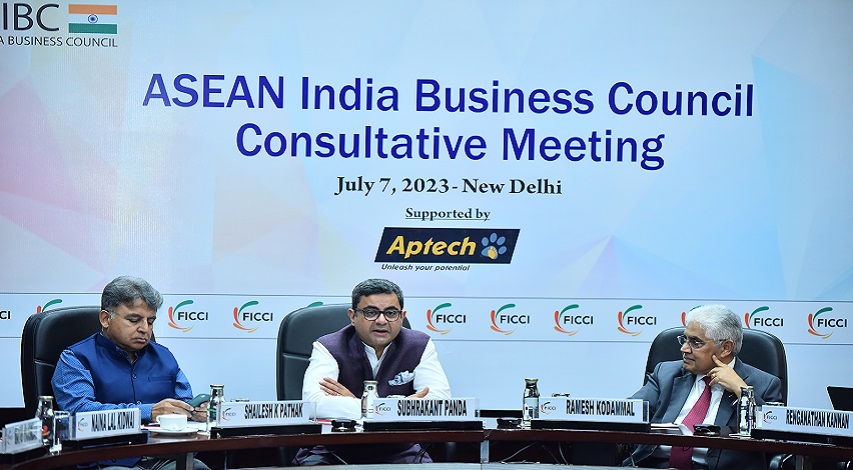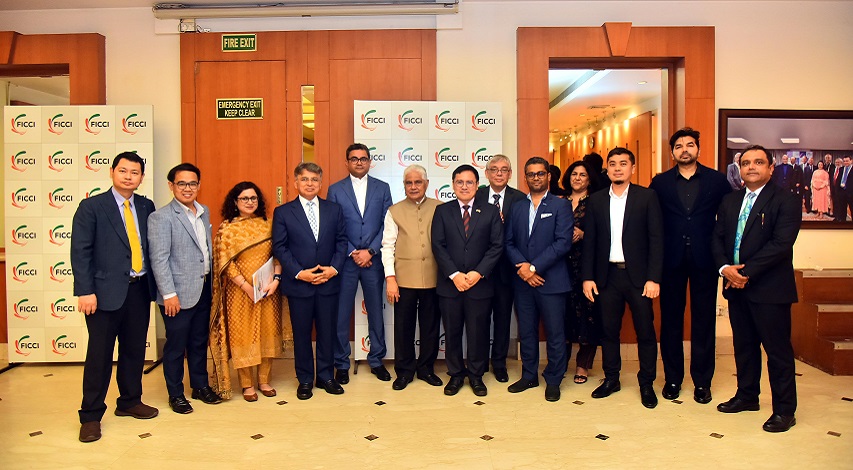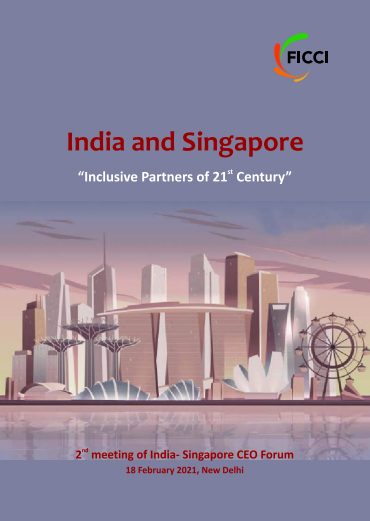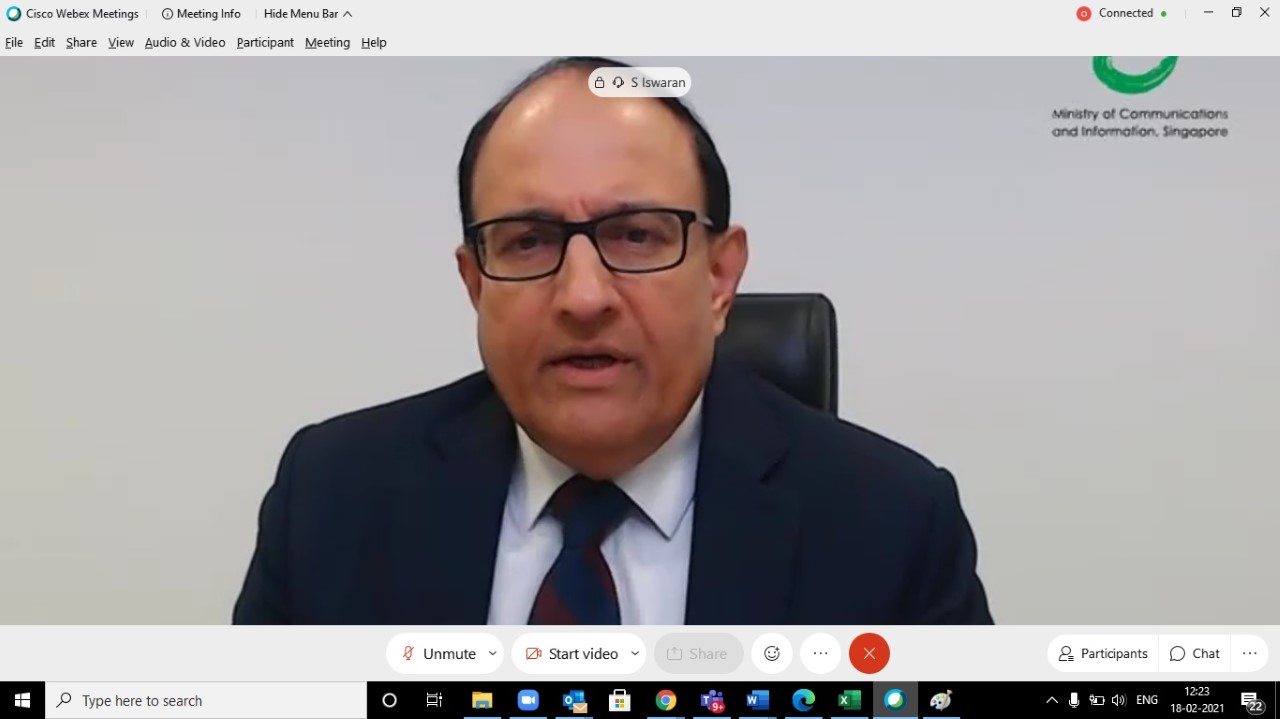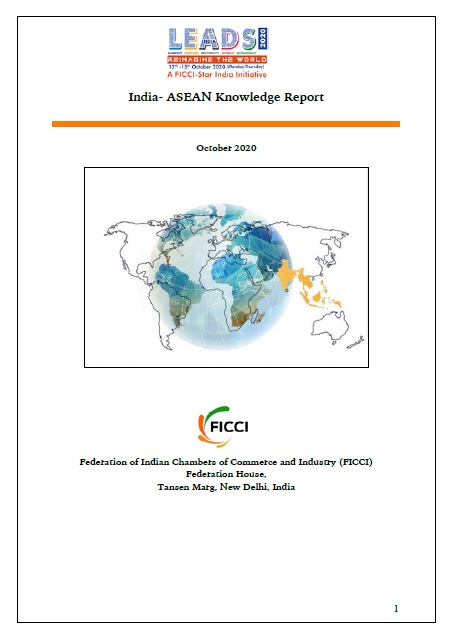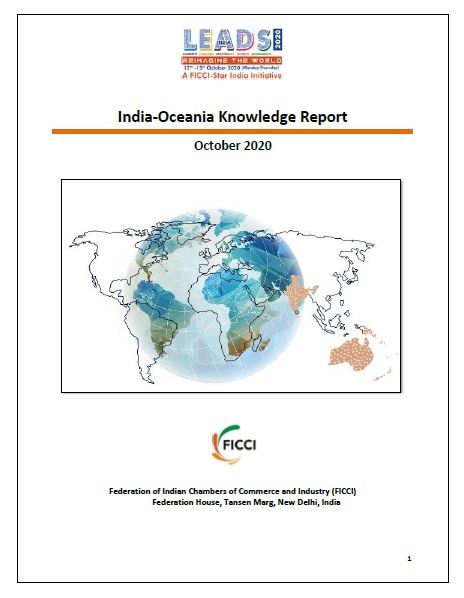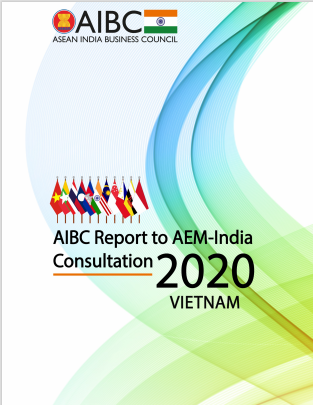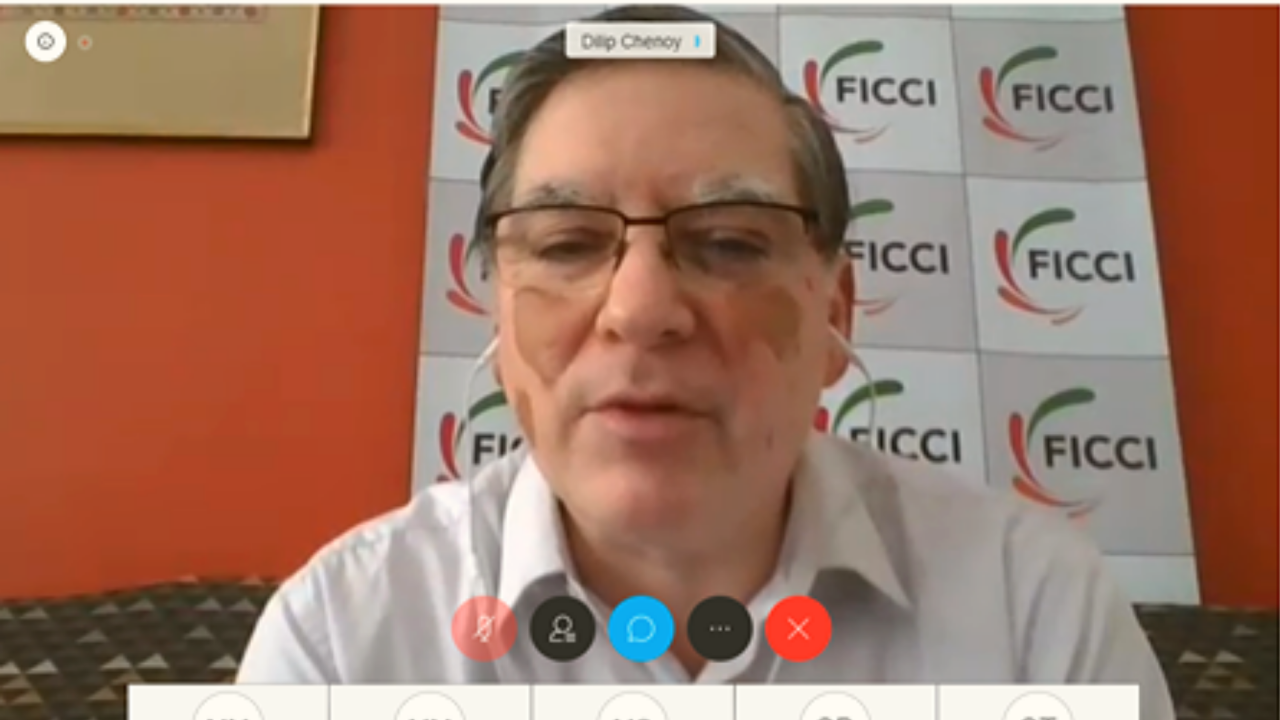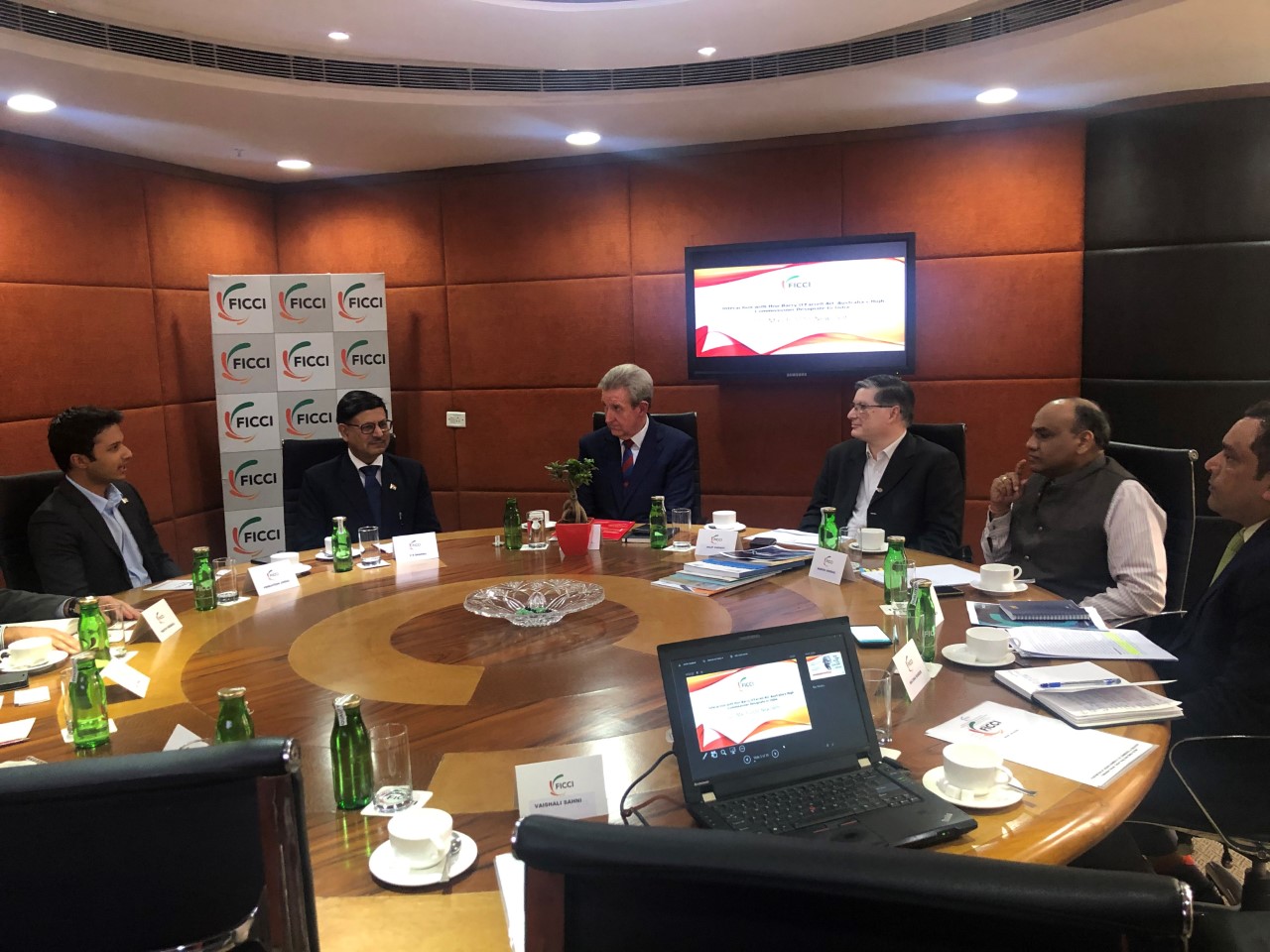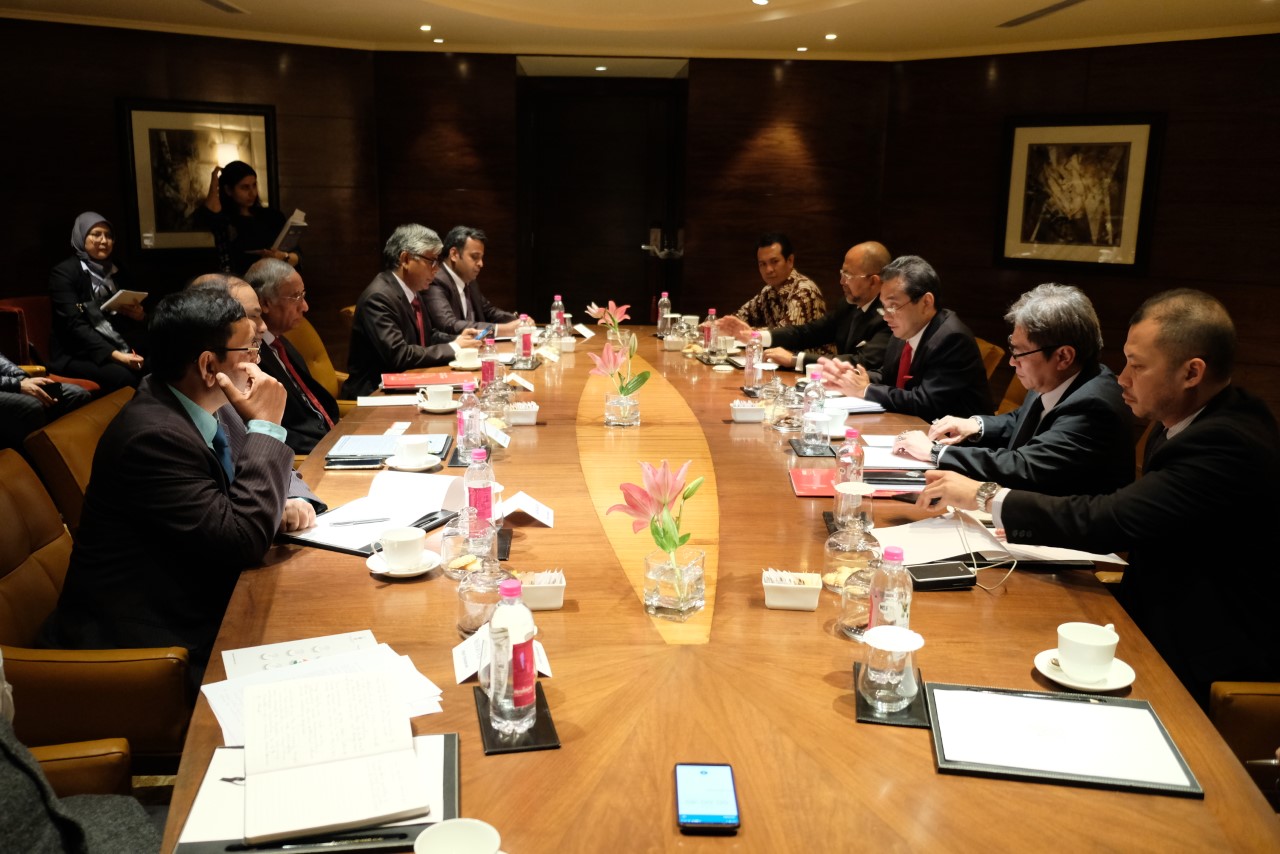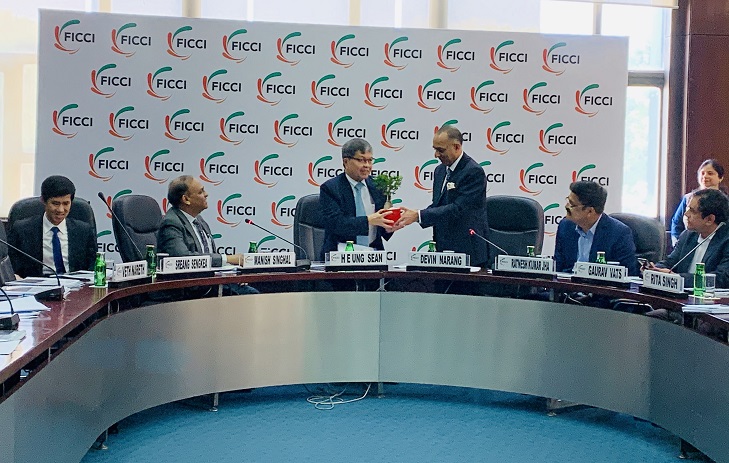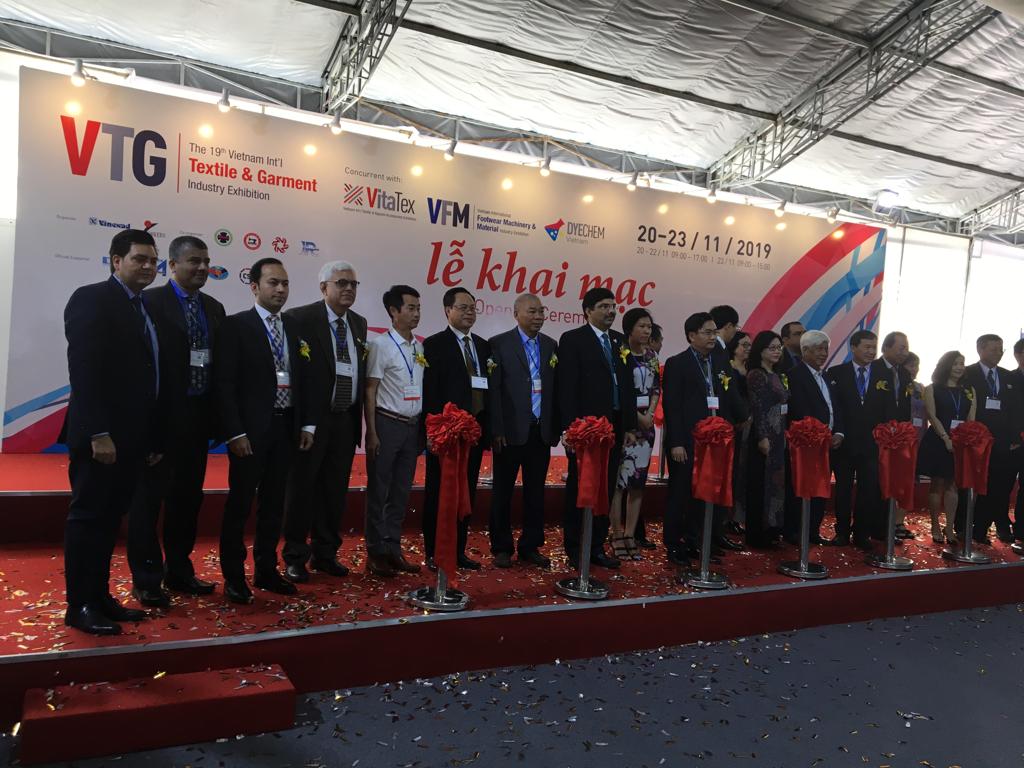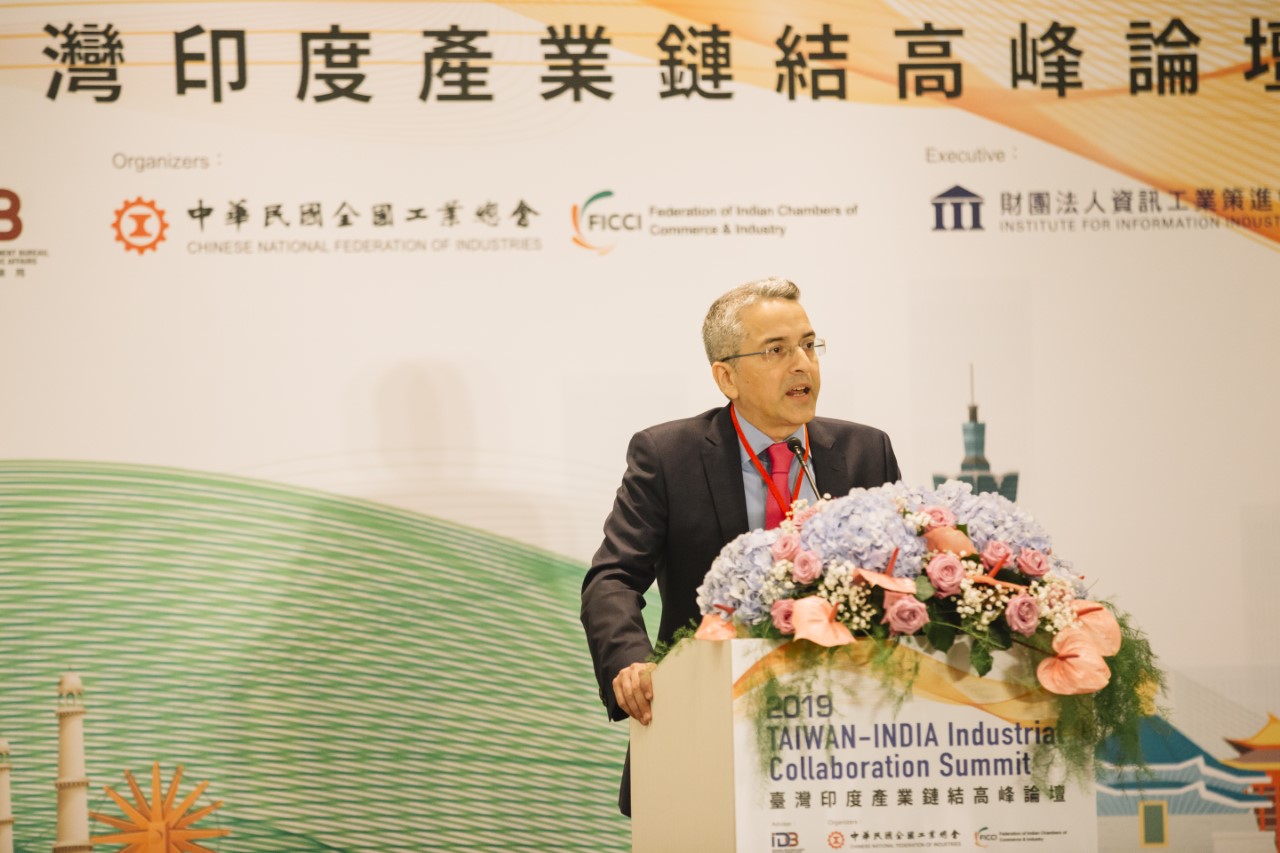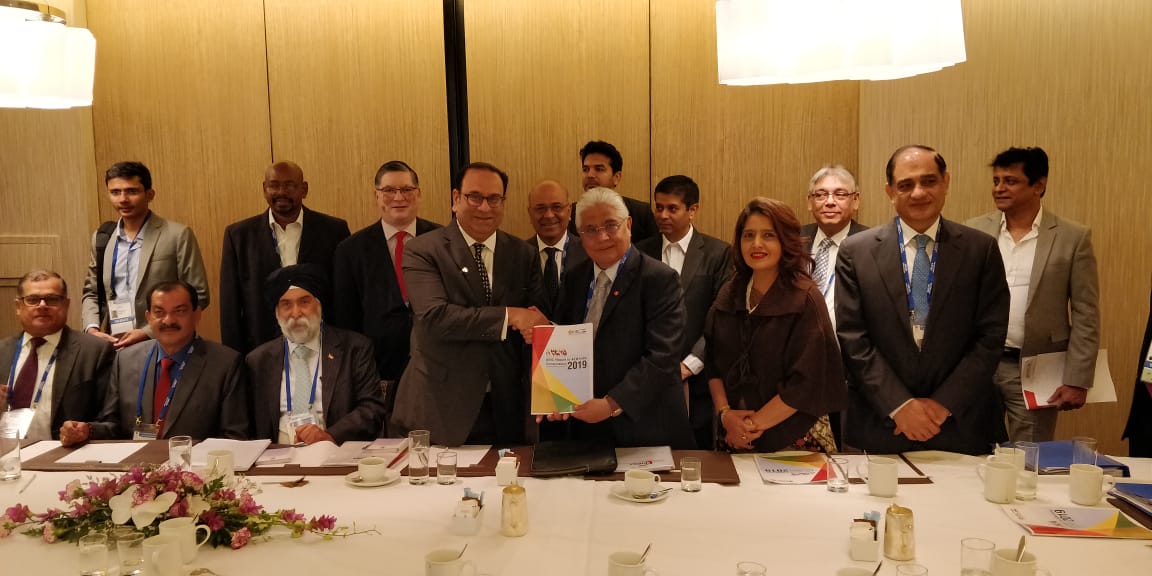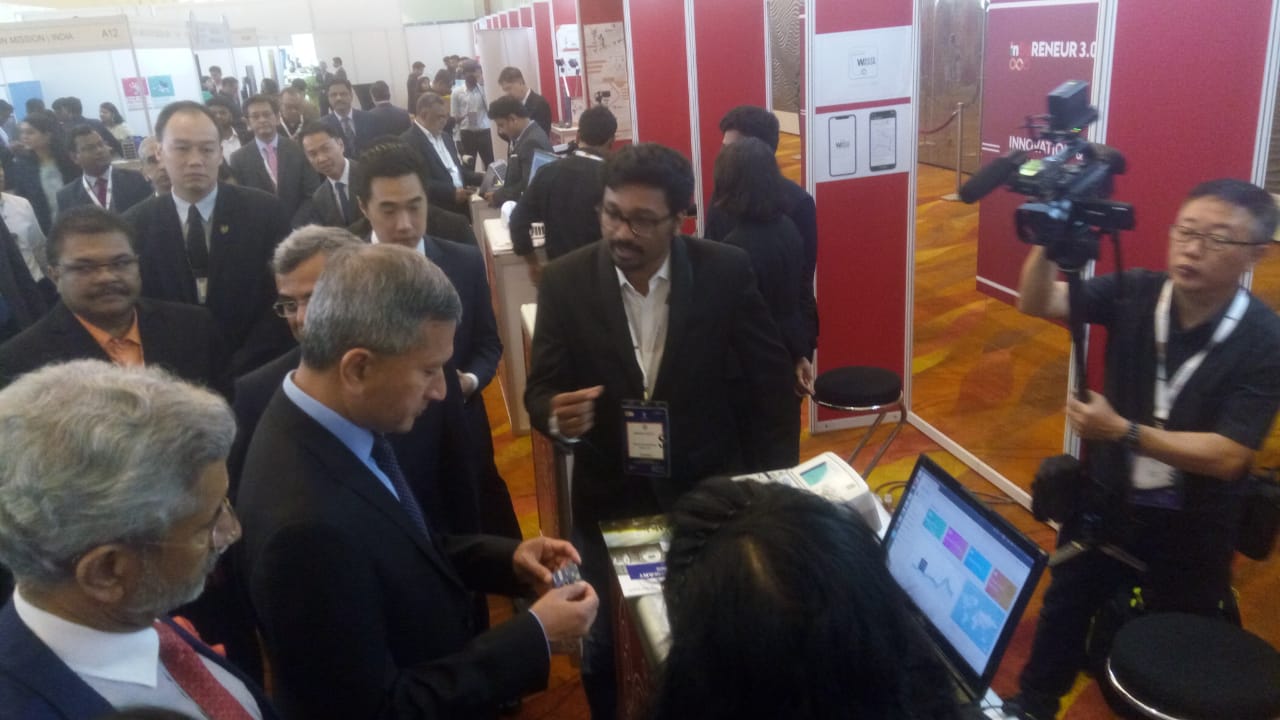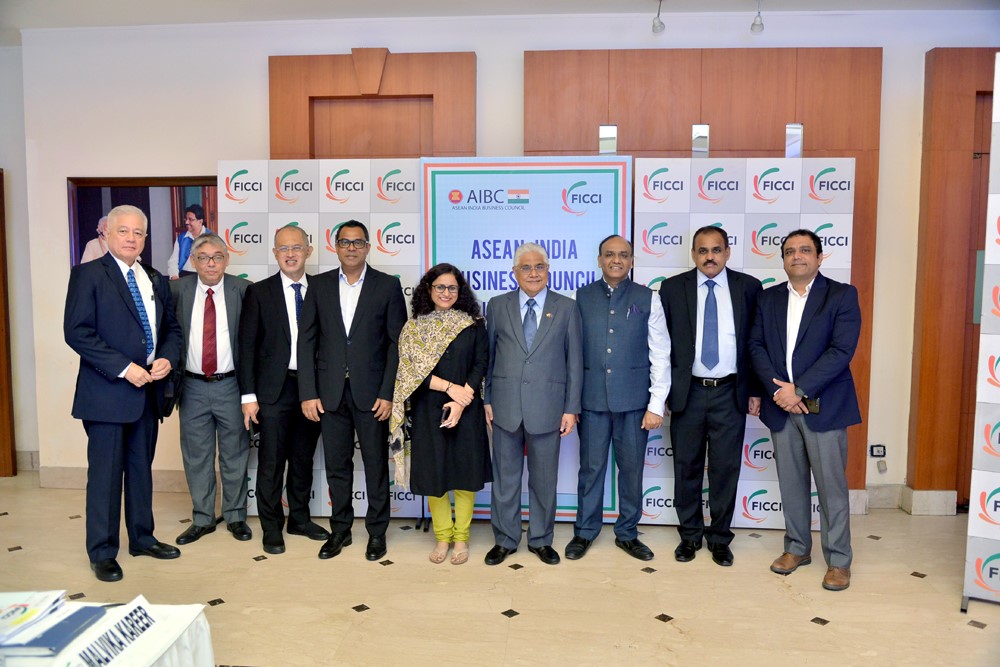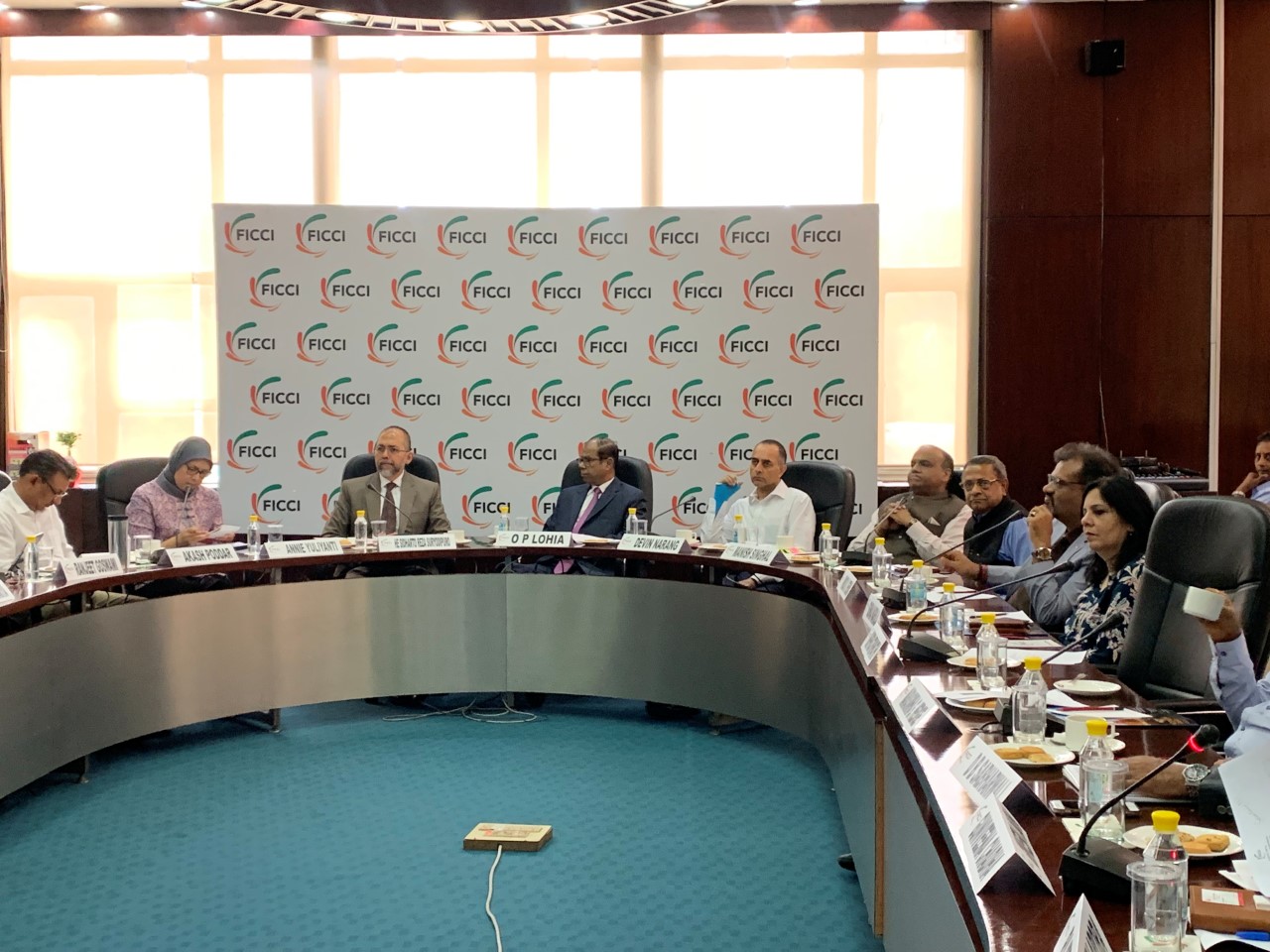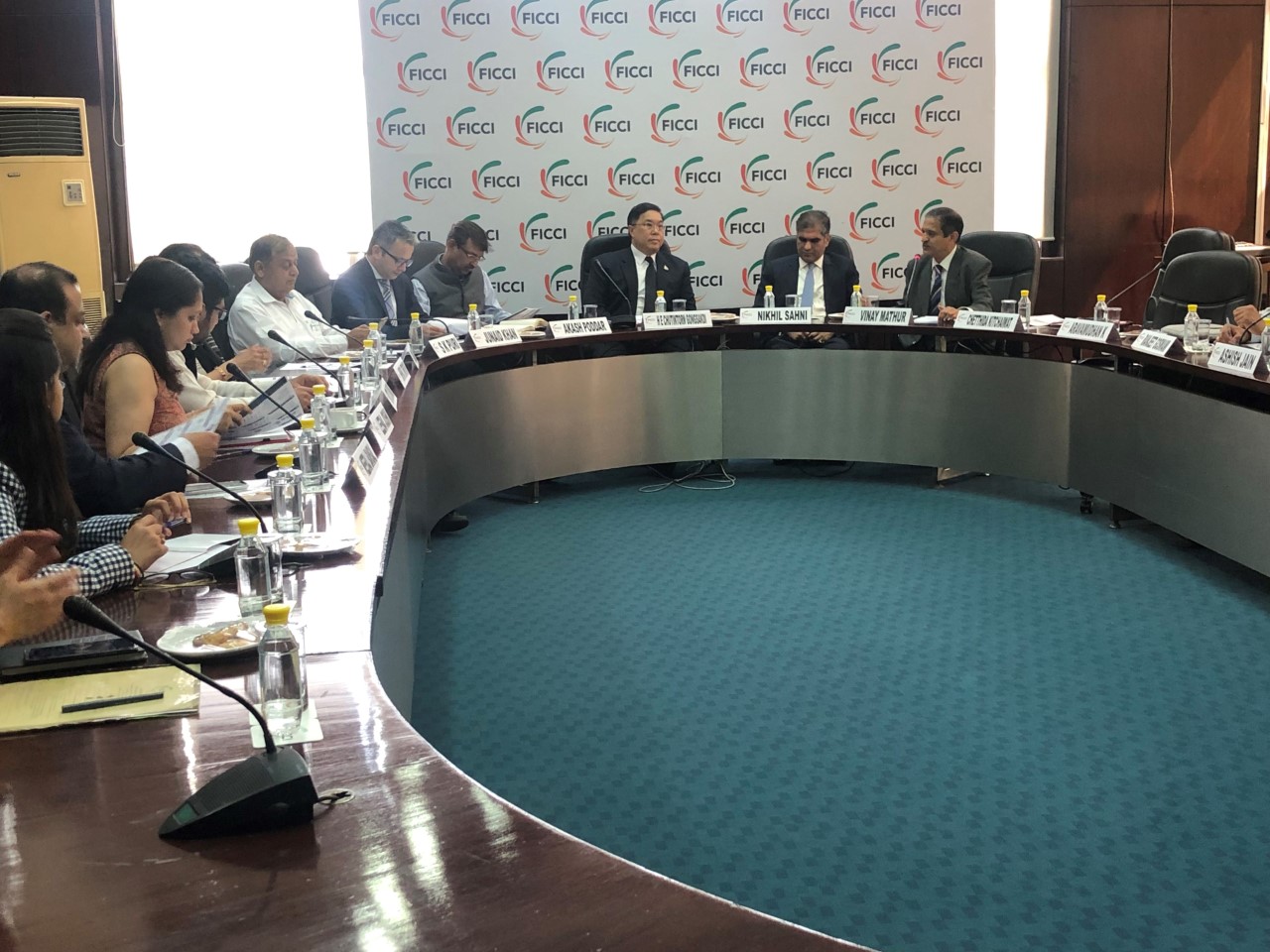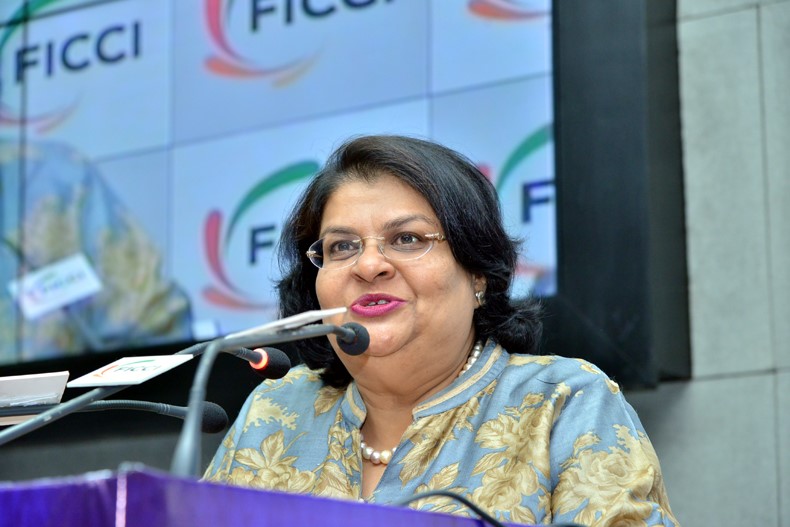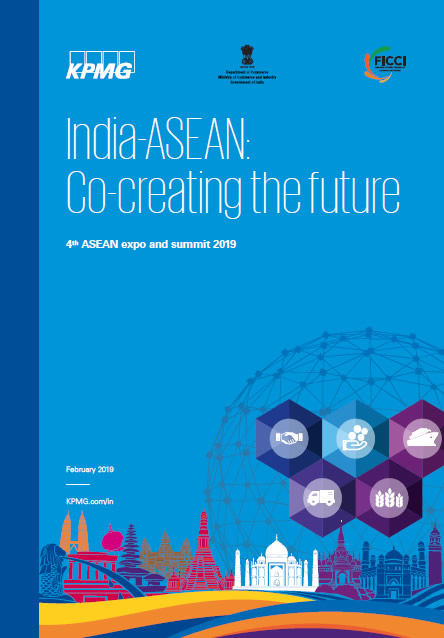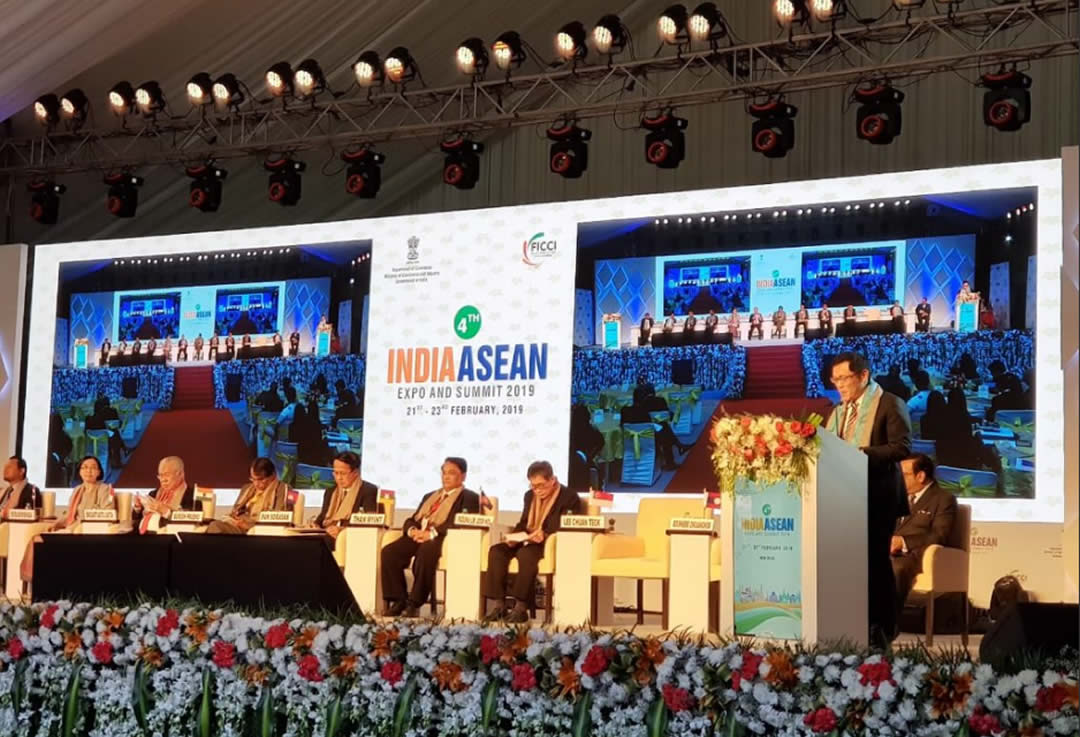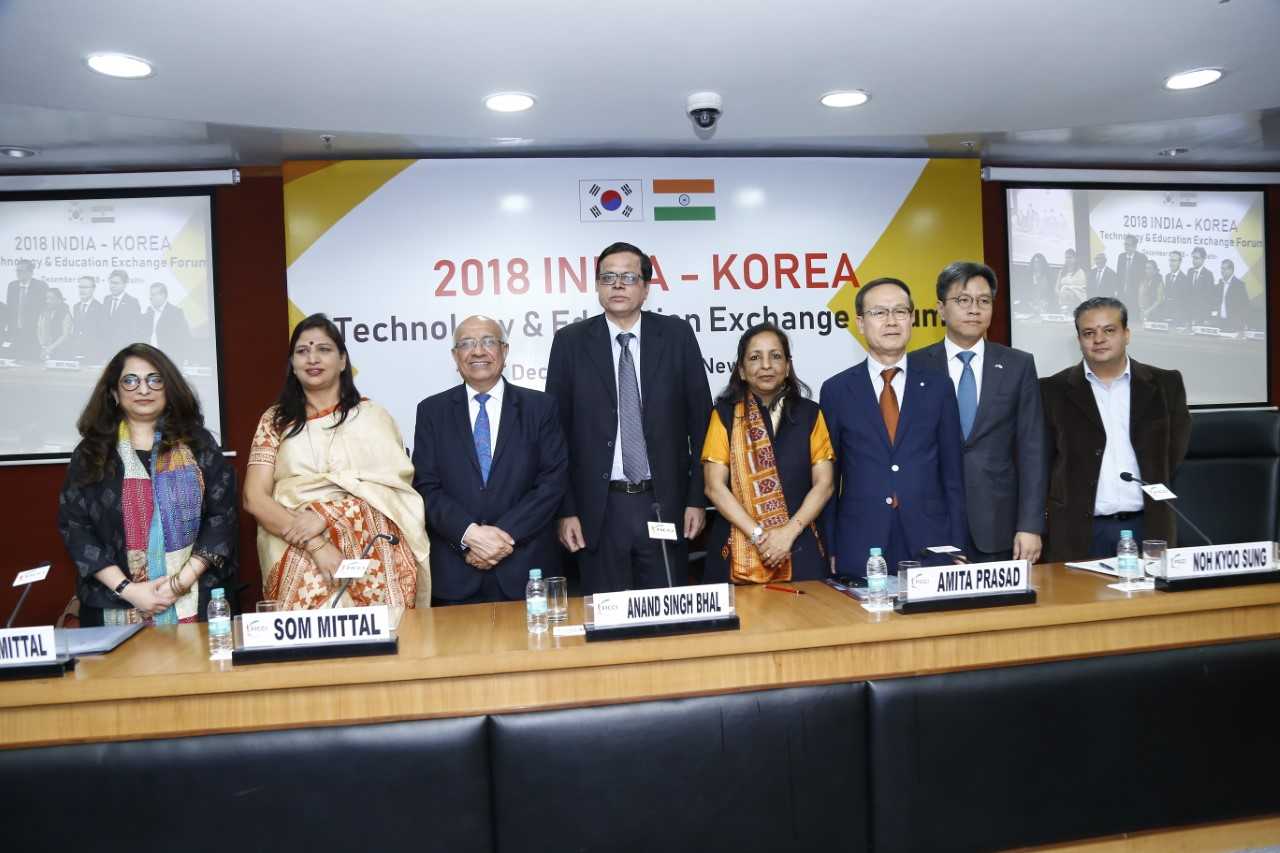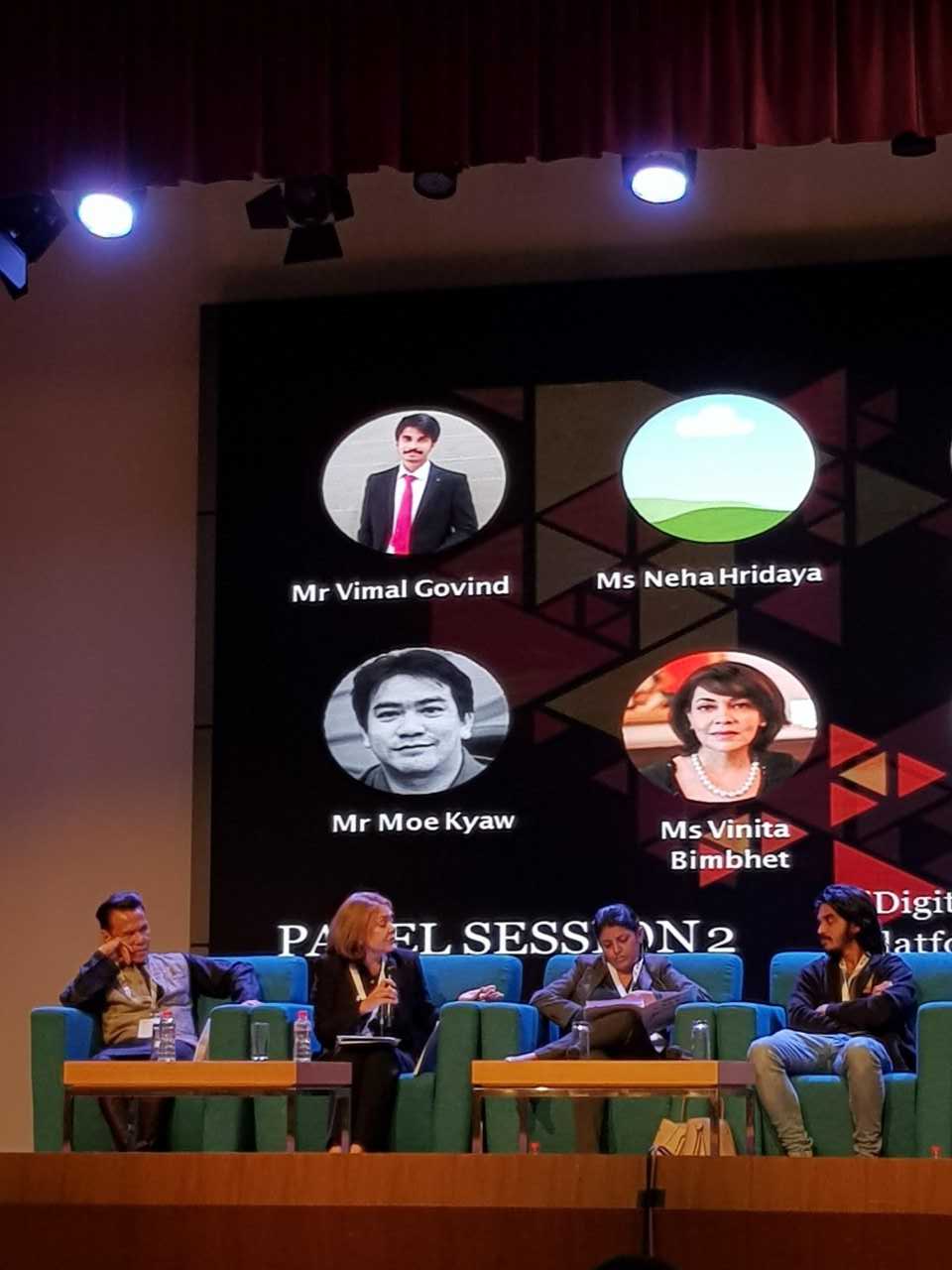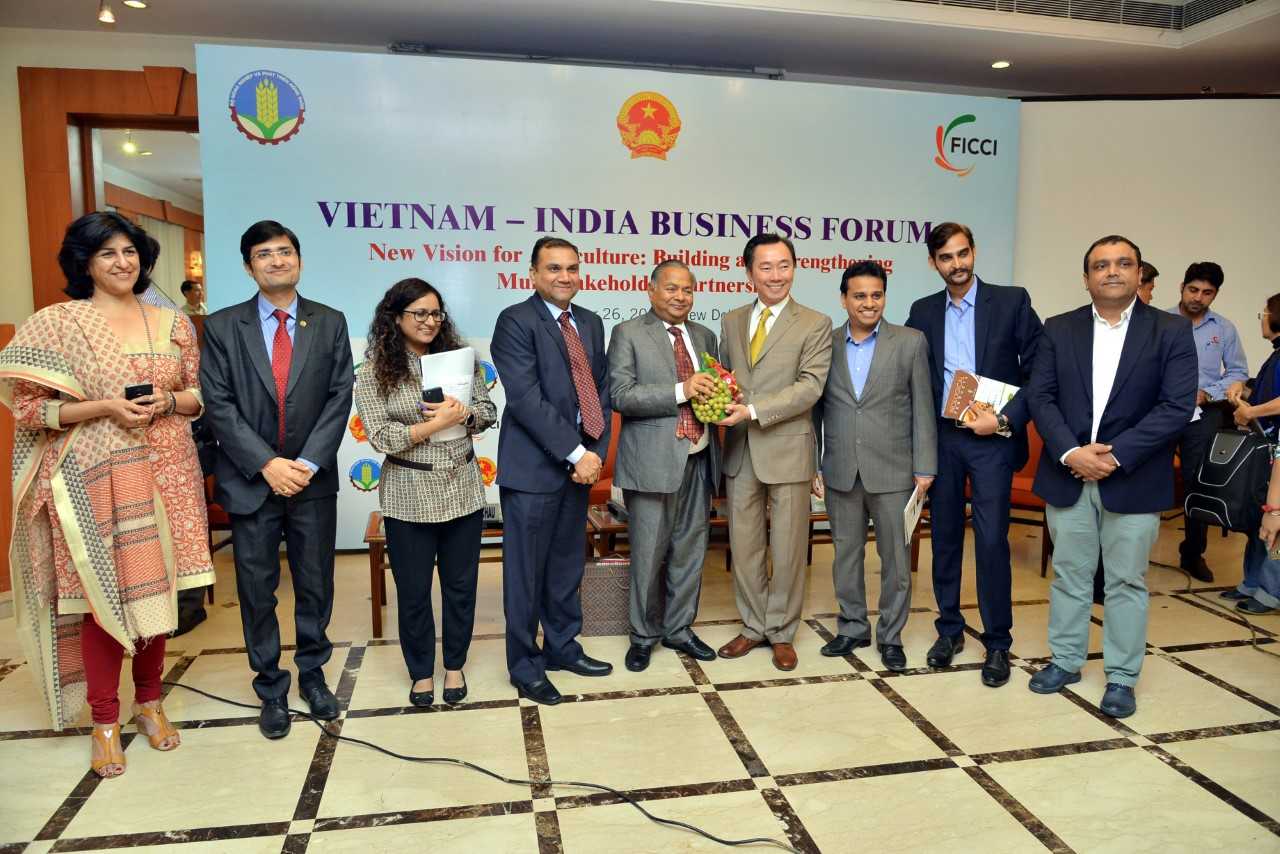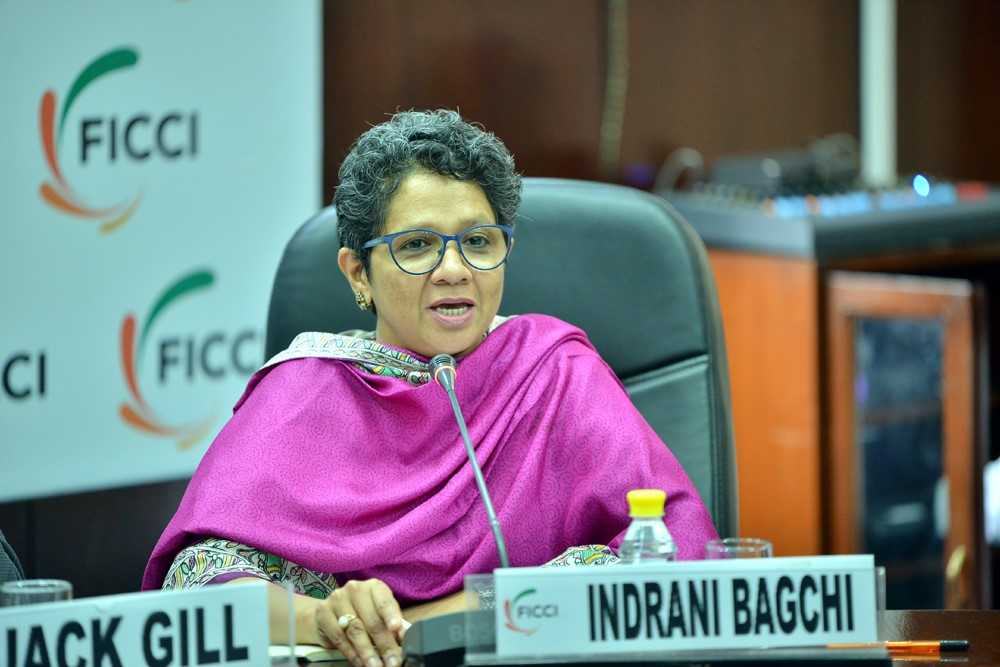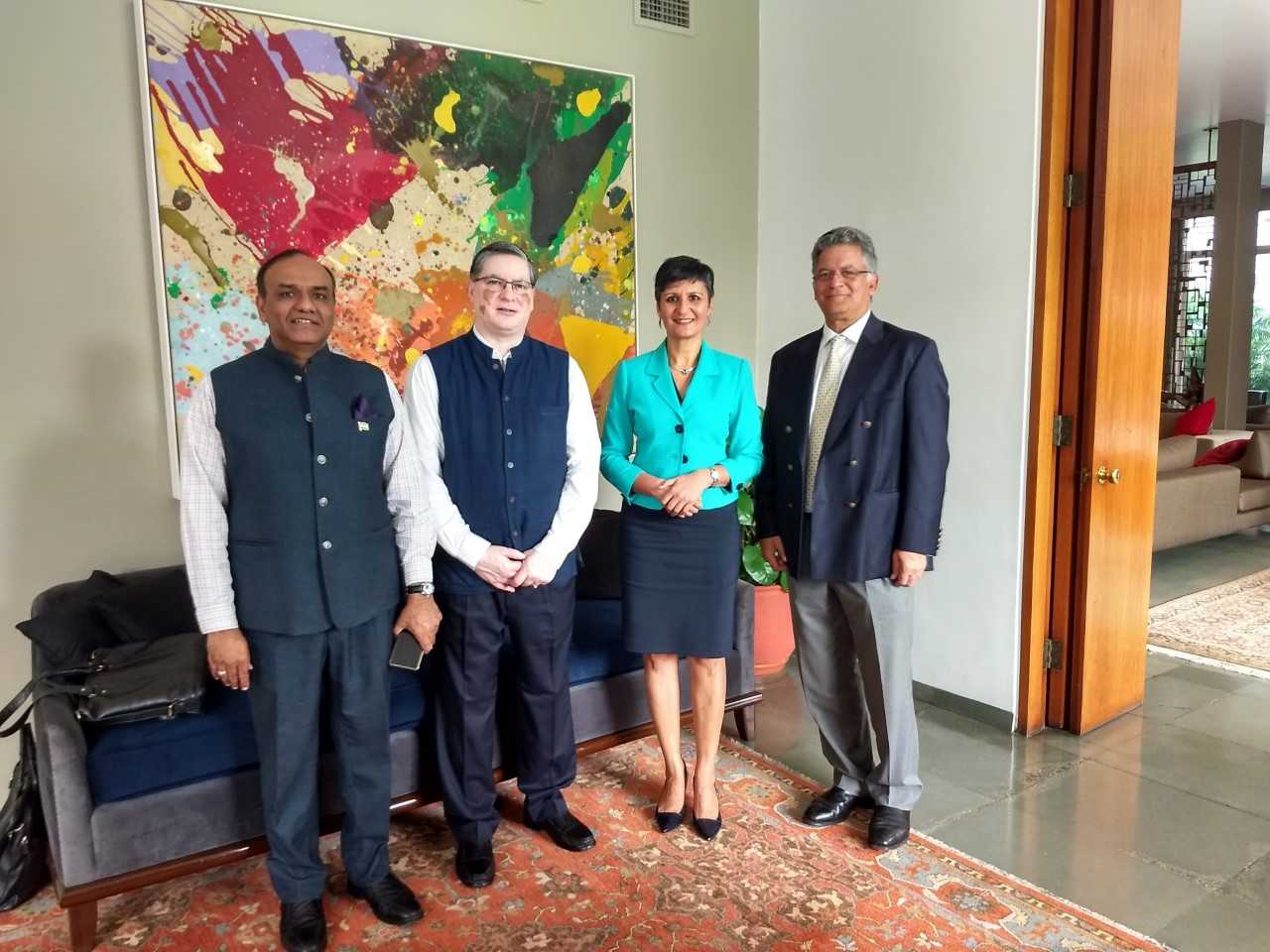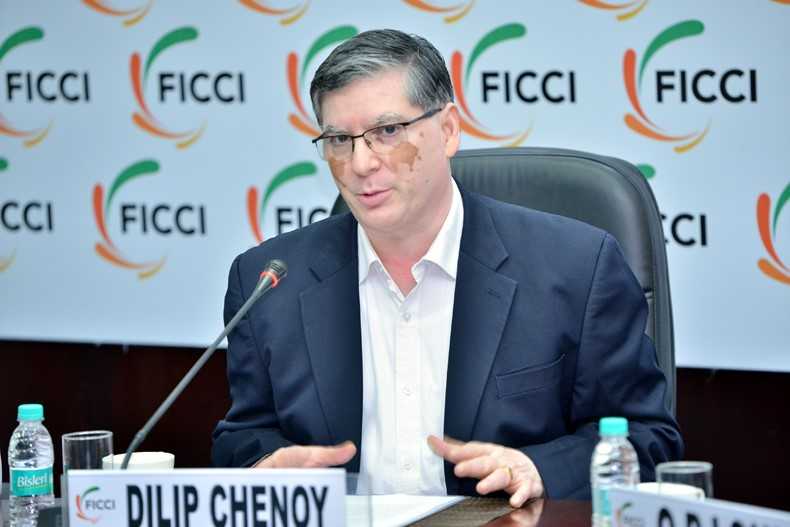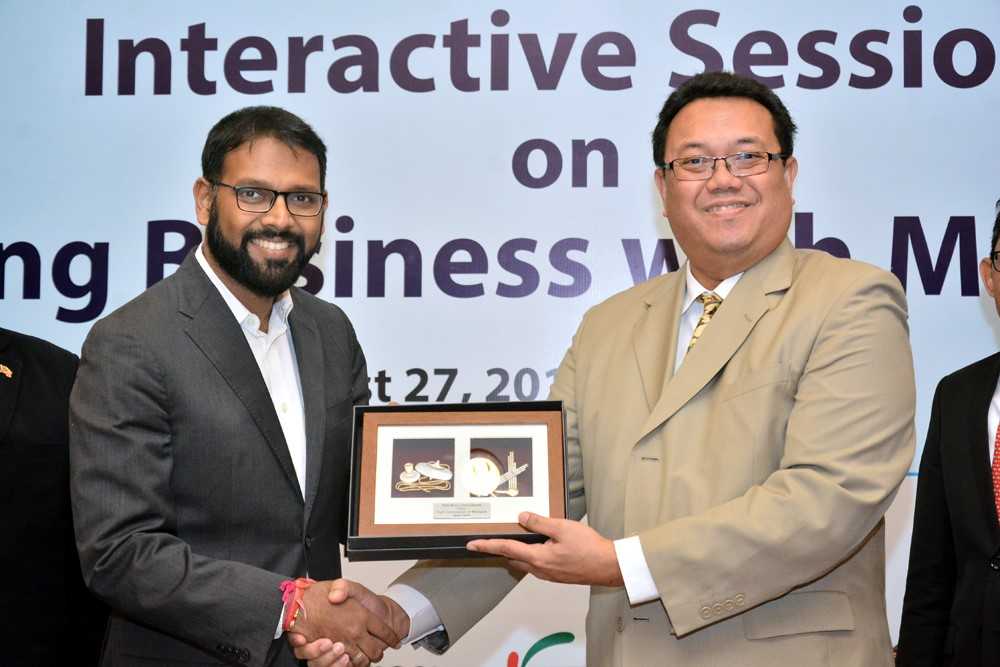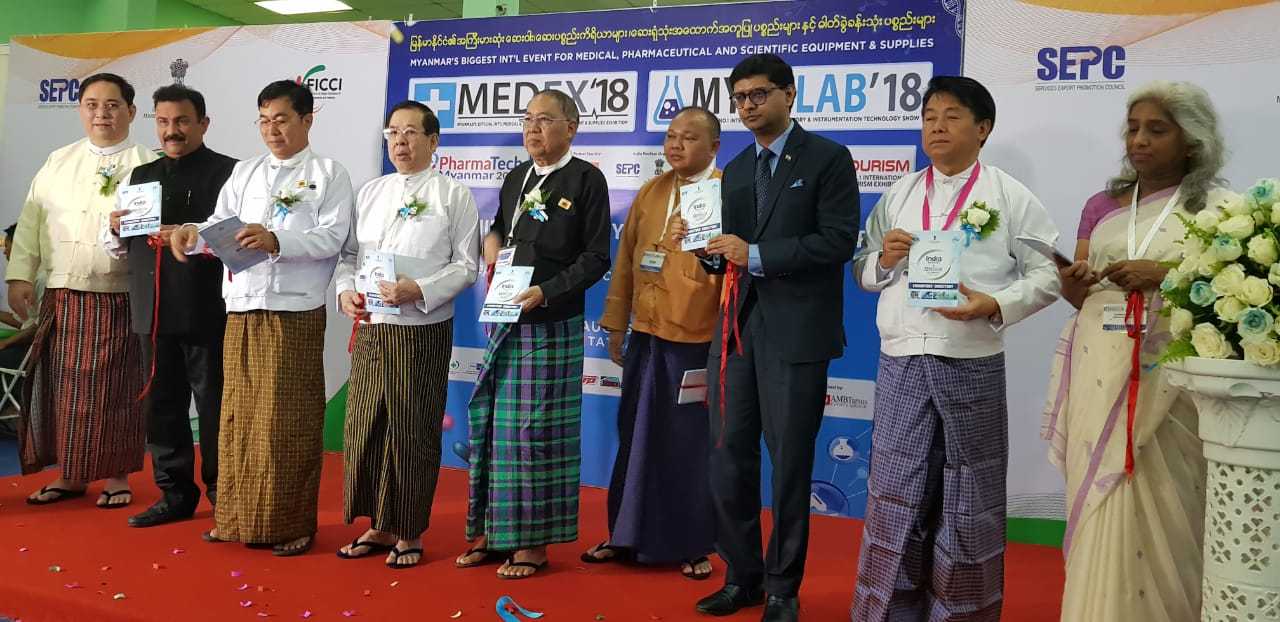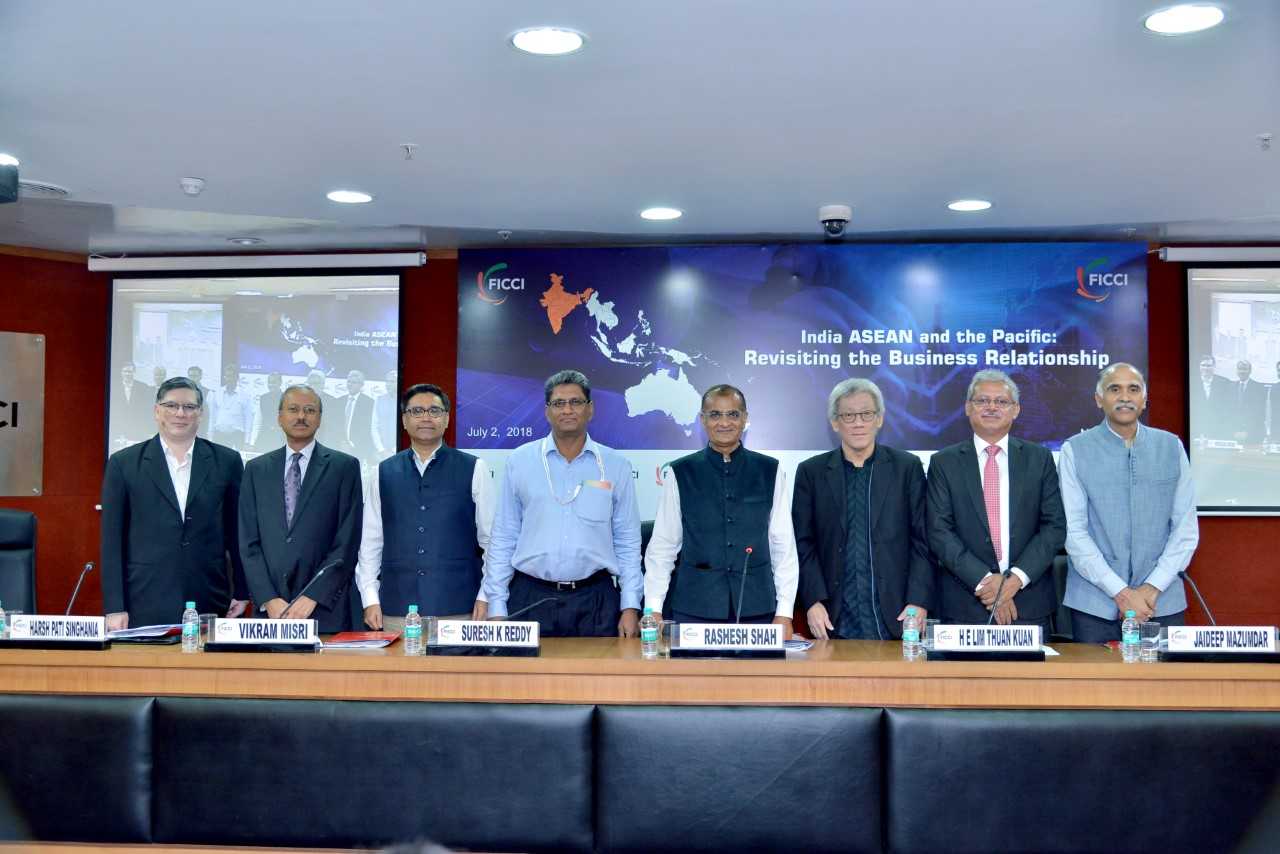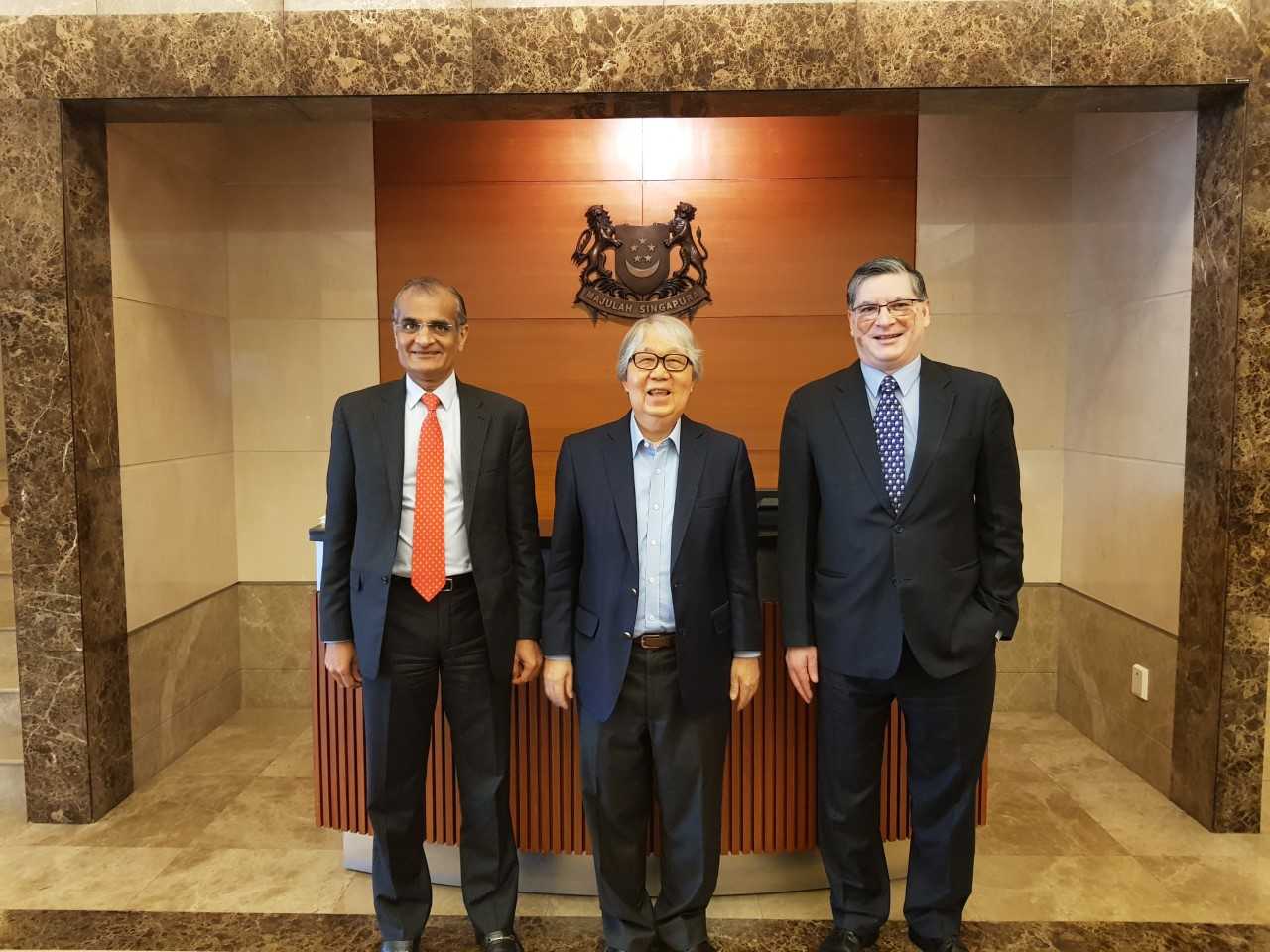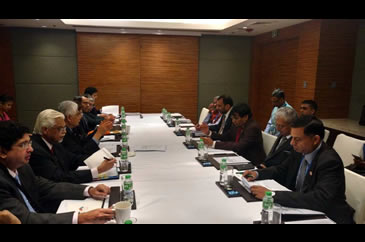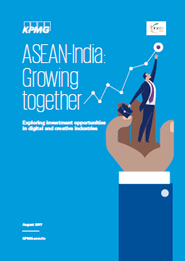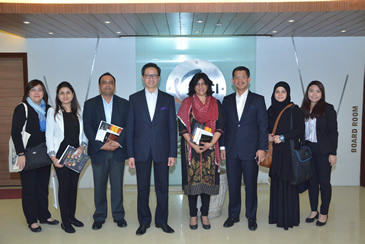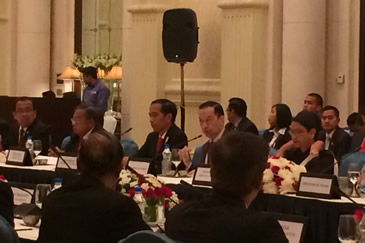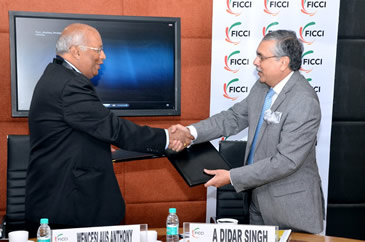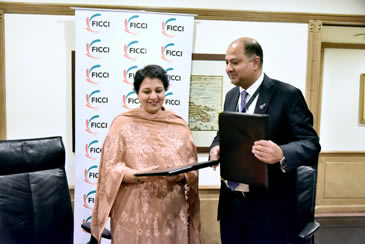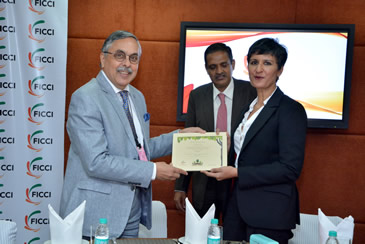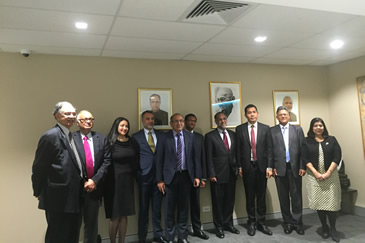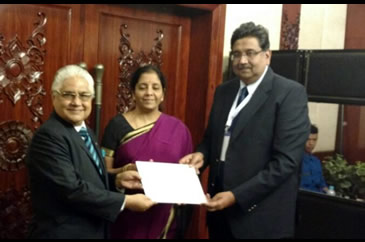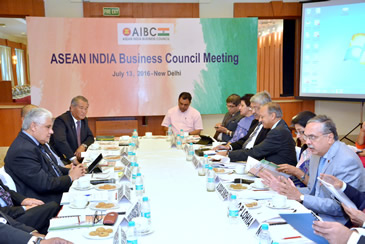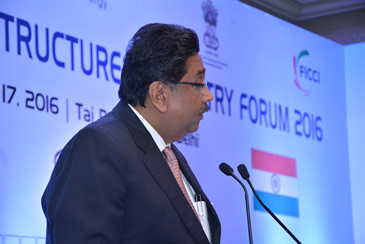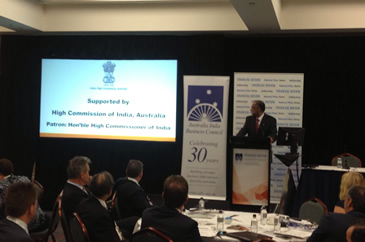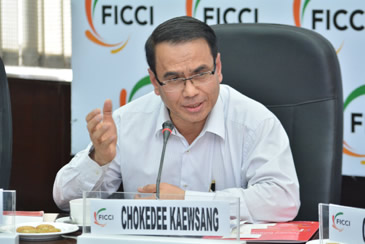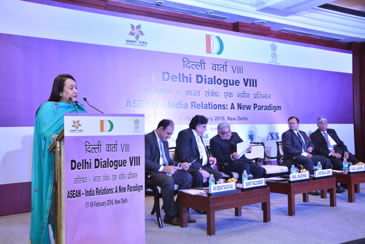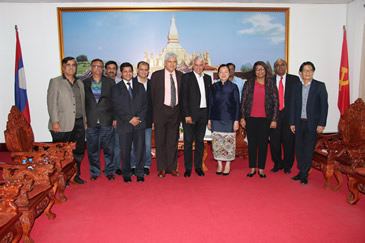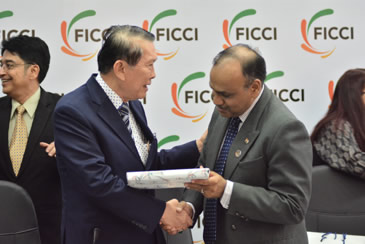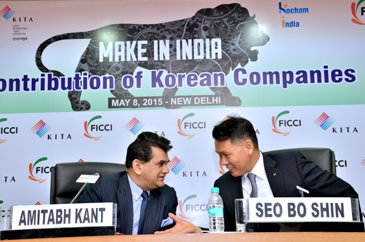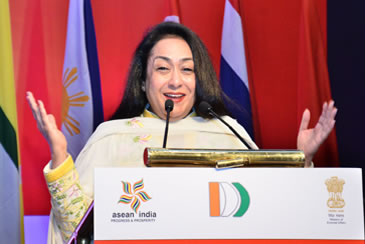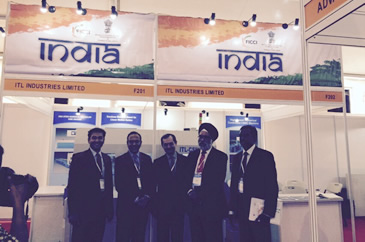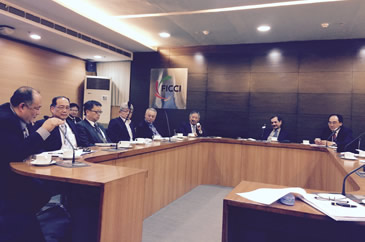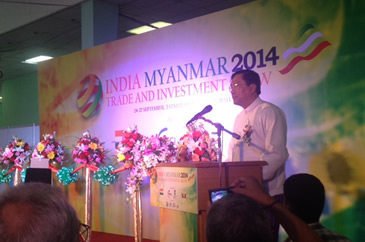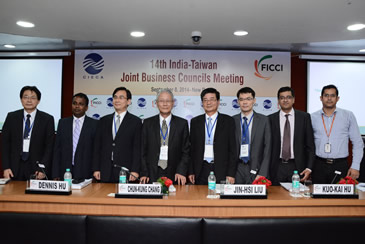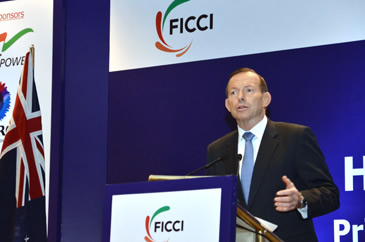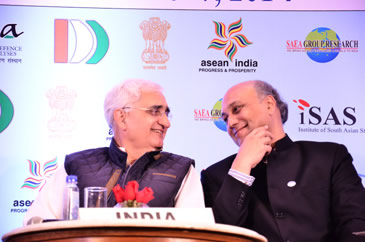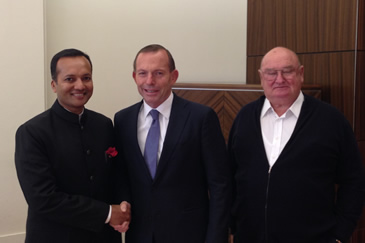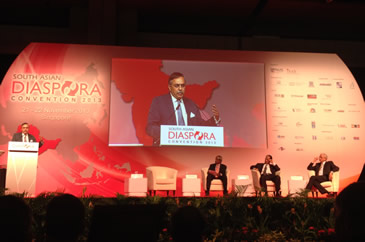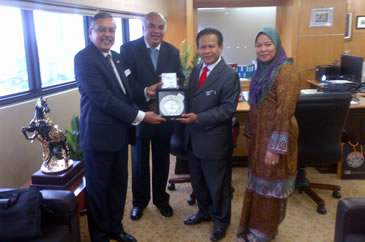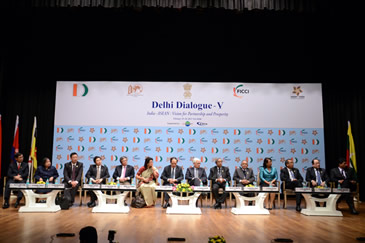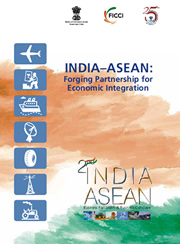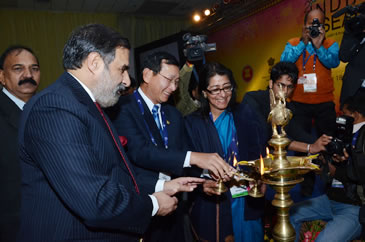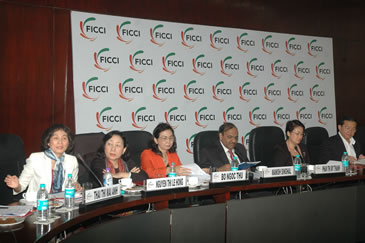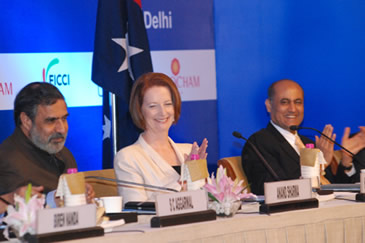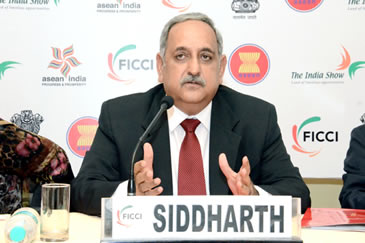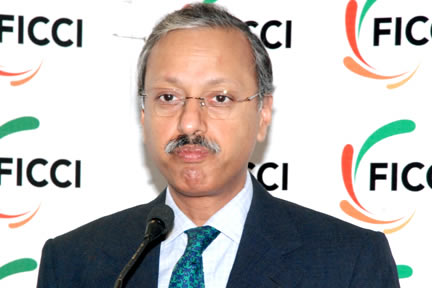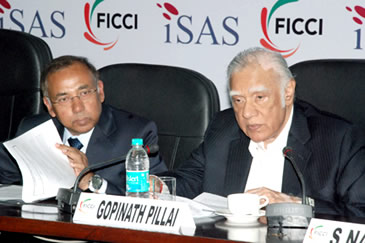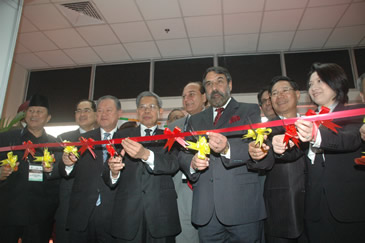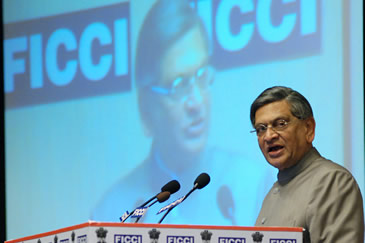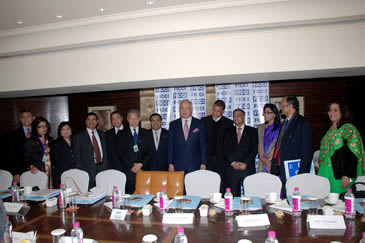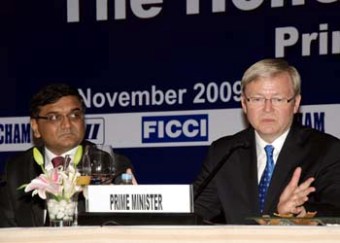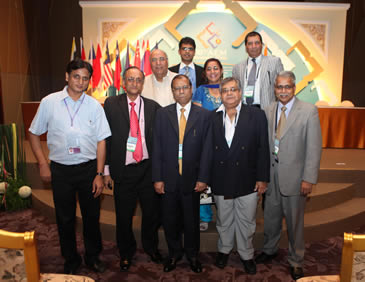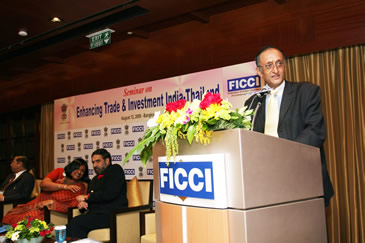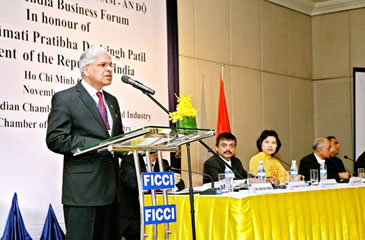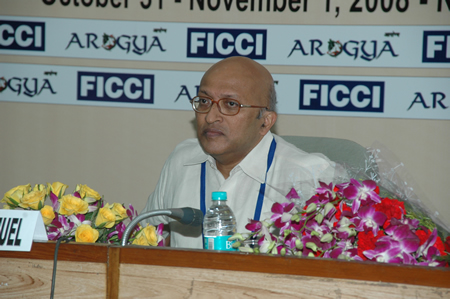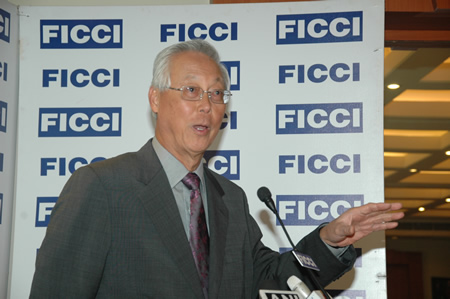FICCI's Engagement
- Joint Business Councils & MOU partners in each of the 10 ASEAN member nations & Oceania
- ASEAN India Business Council - Indian Co-Chair is President FICCI and the Indian secretariat is FICCI
- India- Singapore CEO’s Forum - Indian Secretariat is FICCI for the forum
- Delhi Dialogue - Track 1.5 diplomacy platforms established with Ministry of External Affairs, Govt of India and ASEAN partners
- India-ASEAN Expo-The flag ship exhibition between India & ASEAN
- India-ASEAN Women Business Forum - The partnership between FICCI Flo and ASEAN Women Entrepreneurs Network
- India Advisory Group in Australia - Indian High Commissioner is the patron of the group
- FIPIC Trade Office - During the second summit of Forum for India–Pacific Islands Cooperation (FIPIC) held in August 2015 in Jaipur, New Delhi, Prime Minister of India has announced setting up of the FIPIC Trade Office at FICCI to promote Trade & Investment opportunities between India & Pacific Island Countries
Timeline
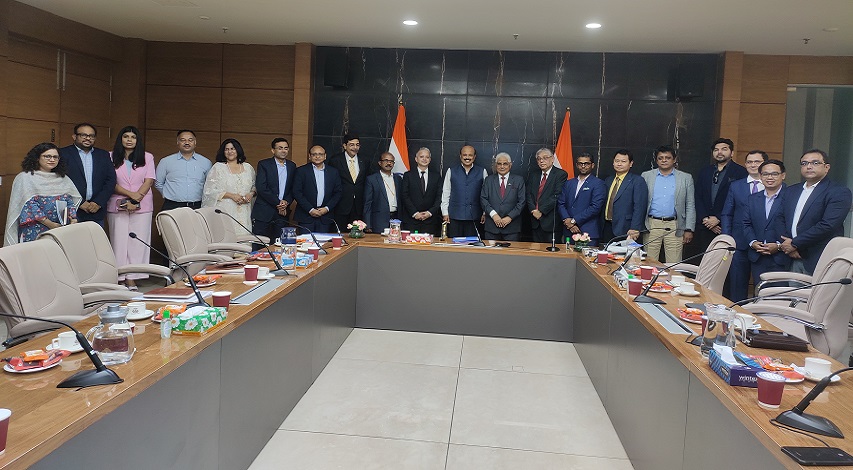
Meeting with Shri Rajesh Agrawal, Additional Secretary, Department of Commerce, Ministry of Commerce and Industry
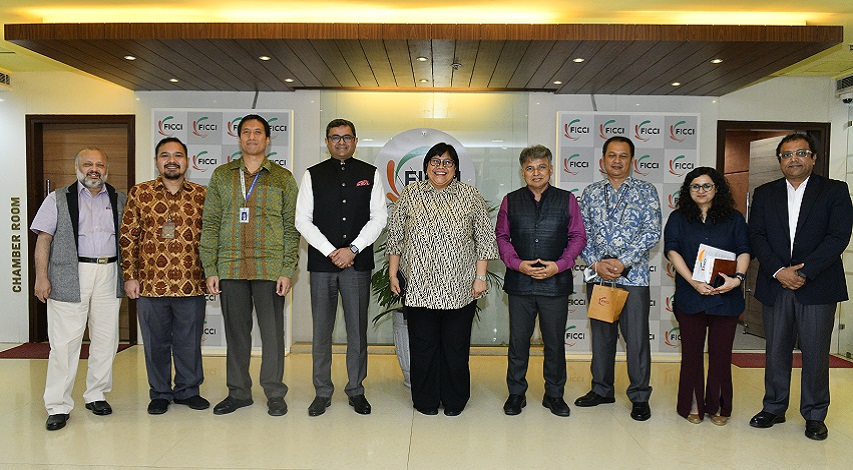
Interactive Meeting with H E Ina Hagniningtyas Krisnamurthi, Ambassador of the Republic of Indonesia
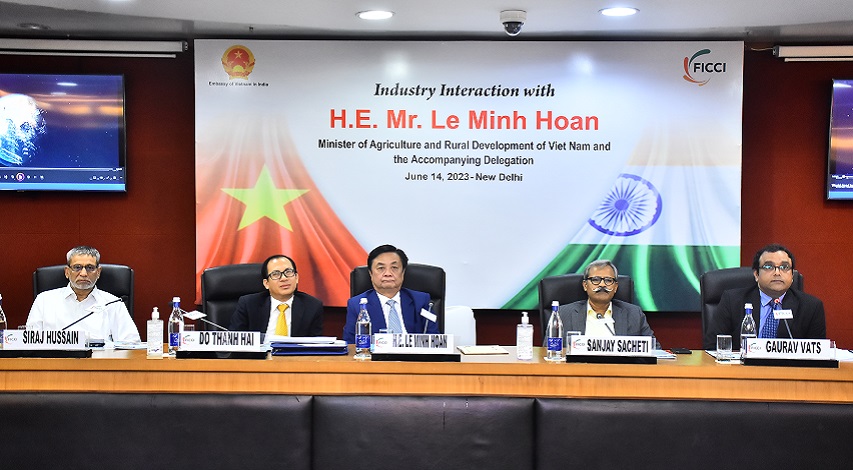
Industry Interaction with H.E. Mr. Le Minh Hoan, Minister of Agriculture and Rural Development of Viet Nam and the Accompanying Delegation
FICCI Diplomacy Unplugged series: Interactive Session with H.E. David Pine, High Commissioner of New Zealand to India
K12 Education- Scope & Partnership Opportunities: Industry interaction with Queensland Department of Education

Meeting with H E Mr Simon Wong, High Commissioner, High Commission of the Republic of Singapore
FICCI Business Delegation to Australia
India Australia ECTA to unleash a new economic paradigm

Indo-Pacific Partnerships on Marine Ecology under Australia-India Indo-Pacific Oceans Initiative Partnership (AIIPOIP) - Series of Masterclass on Plastic Waste Management: Masterclass II

Indo-Pacific Partnerships on Marine Ecology under Australia-India Indo-Pacific Oceans Initiative Partnership (AIIPOIP) - Series of Masterclass on Plastic Waste Management: Masterclass I

3rd Masterclass on Industry-University Partnerships for Sustainable Development Goals (SDGs) focused internships in India and Australia

FICCI Masterclasses on Industry University Partnerships for Sustainable Development Goals (SDGs) focused internships in India and Australia

Masterclass on Industry-University Partnerships for Sustainable Development Goals (SDGs) focused internships in India and Australia
FICCI-AIBC Joint Forum identifies new pharma opportunities between Australia and India
India & Singapore should invoke 3Bs-Buddhism, Bollywood, Business, to make it the defining partnership of this century: Piyush Goyal
Engagement with ASEAN and Oceania Region will remain critical element of India's Act East Policy: Secretary (East), MEA
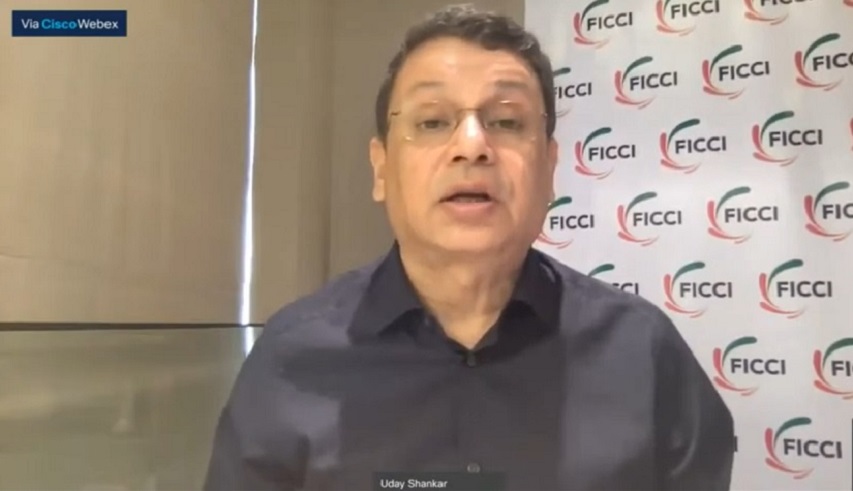
India's Engagement with World's Growth Centre ASEAN and Oceania Regions in conversation with Ms Riva Ganguly Das, Secretary (East),Ministry of External Affairs, India
Master Class on CAROTAR, 2020(Customs Administration of Rules of Origin under Trade Agreements Rules, 2020) and Faceless Assessment
India-Mekong SME Internationalization Program: A platform for SMEs for exploring opportunities for investment & trade with Cambodia, Thailand & Vietnam
ThaiTAM 2020 Online Business Matching
SCO member states must join hands to promote mutual trust and human-centric development: Chairman National Chapter of SCO in India
India reiterates review of ASEAN India FTA, FICCI supports the cause
FICCI-AIBC Make in India Webinar on "Opportunities in Digital and Emerging Technologies"
Webinar on New National Education Policy of India
Webinar on Malaysia as a Gateway to ASEAN
Webinar on Harnessing the India - Philippines Business Potential in the Post - COVID-19 Era
Webinar on India-Vietnam Trade and Business Continuity in the New Normal
India and Australia have a larger role to play in Indo-Pacific region
Webinar on Indonesia-India Cooperation in Pharmaceuticals and Healthcare sector
FICCI-INZBC Webinar on Disruptions in the Education Industry
India - Turning Crisis into Opportunity for Singapore Investors: Emerging Stronger Post Covid-19
Webinar on The Economic Impact of COVID-19 on India New Zealand Trade
FICCI Business Delegation to Vietnam and Cambodia
Need to further strengthen India-New Zealand business ties: New Zealand Trade and Export Growth Minister
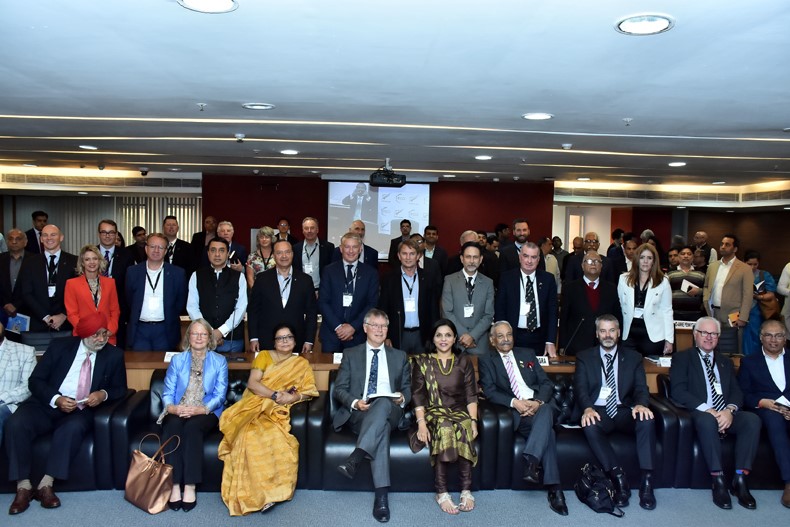
Interactive Session with Hon David Parker, Minister for Trade and Export Growth, New Zealand
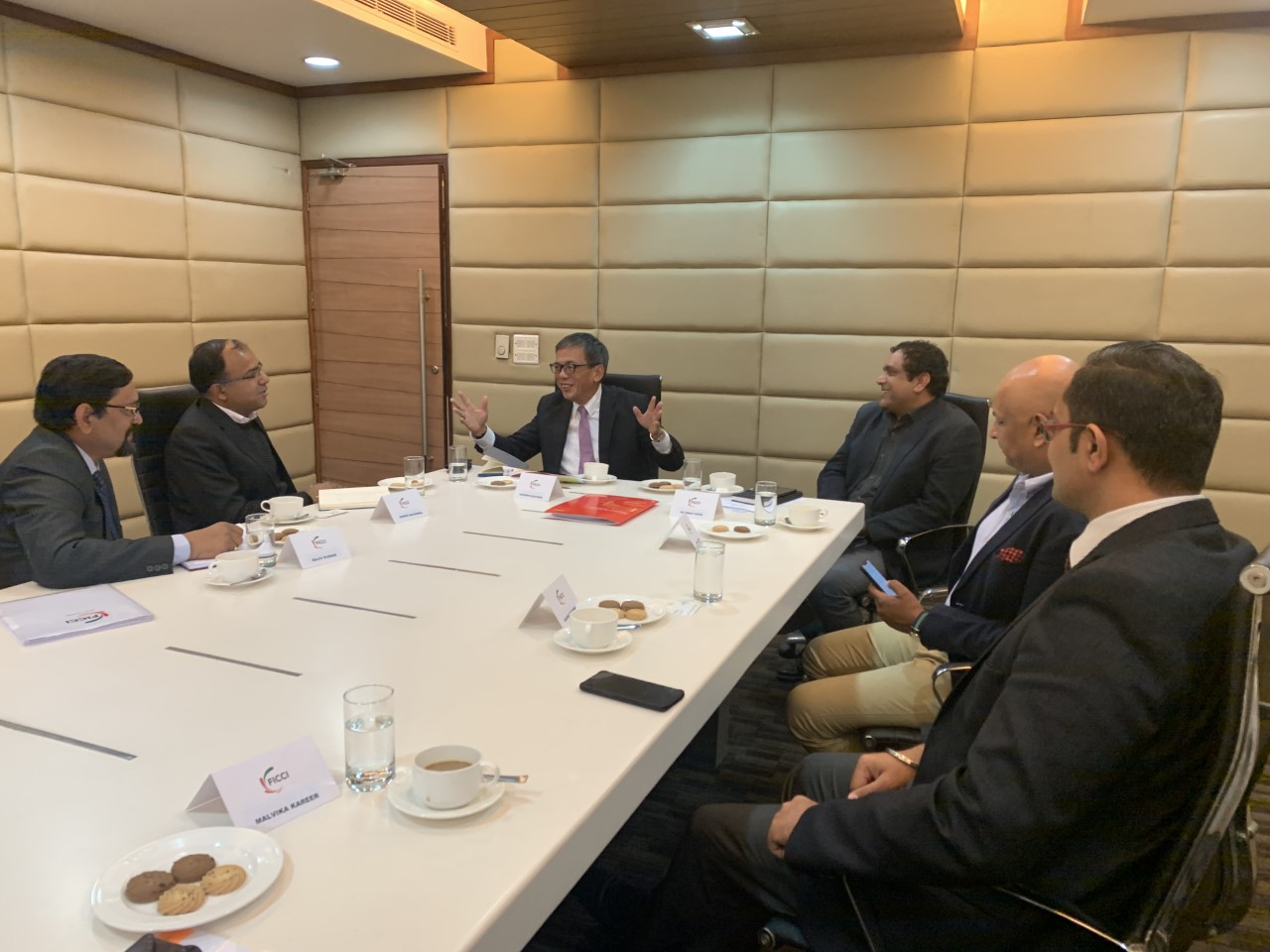
Exclusive Interaction with Mr Eugenio Elevado, Commercial Counsellor, Embassy of Philippines
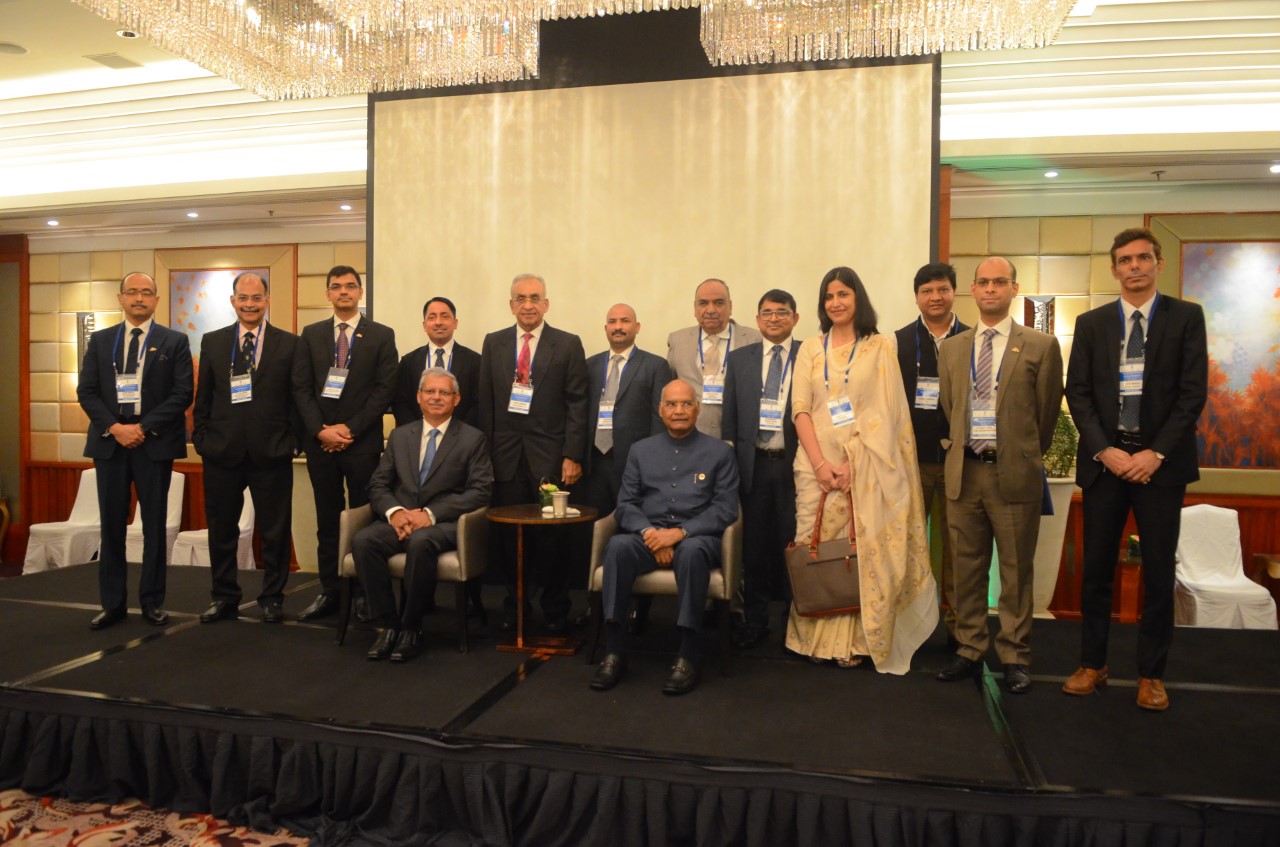
FICCI Business Delegation to Philippines coinciding with the visit of Sh. Ram Nath Kovind, Hon'ble President of India
India Pavilion at 'Singapore Fintech Festival'
FICCI Business Delegation to Philippines coinciding with the visit of Sh. Ram Nath Kovind, Hon'ble President of India
FICCI Business Delegation to New Zealand
India Pavilion at MEDEX 2019
India-Taiwan have healthy trade relationship, can be strengthened further: TECC Representative Mr Chung-Kwang Tien
A Special Talk by H E Mr Pham Sanh Chau, Ambassador of the Socialist Republic of Vietnam
India Pavilion at HKTD Fashion Week
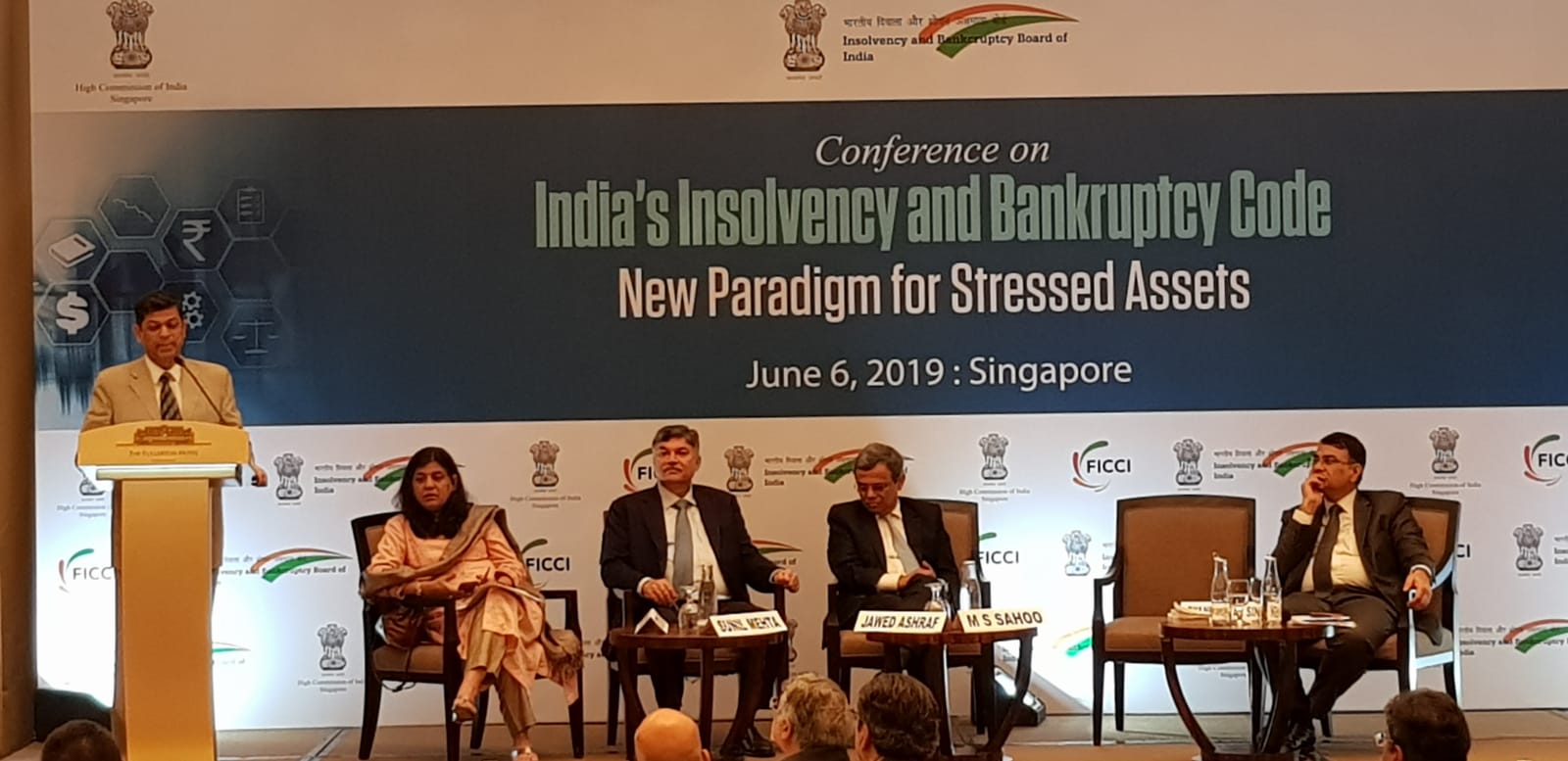
Roadshow on India's Insolvency and Bankruptcy Code in Singapore - The Insolvency and Bankruptcy Code of India: New Paradigm for Stressed Assets
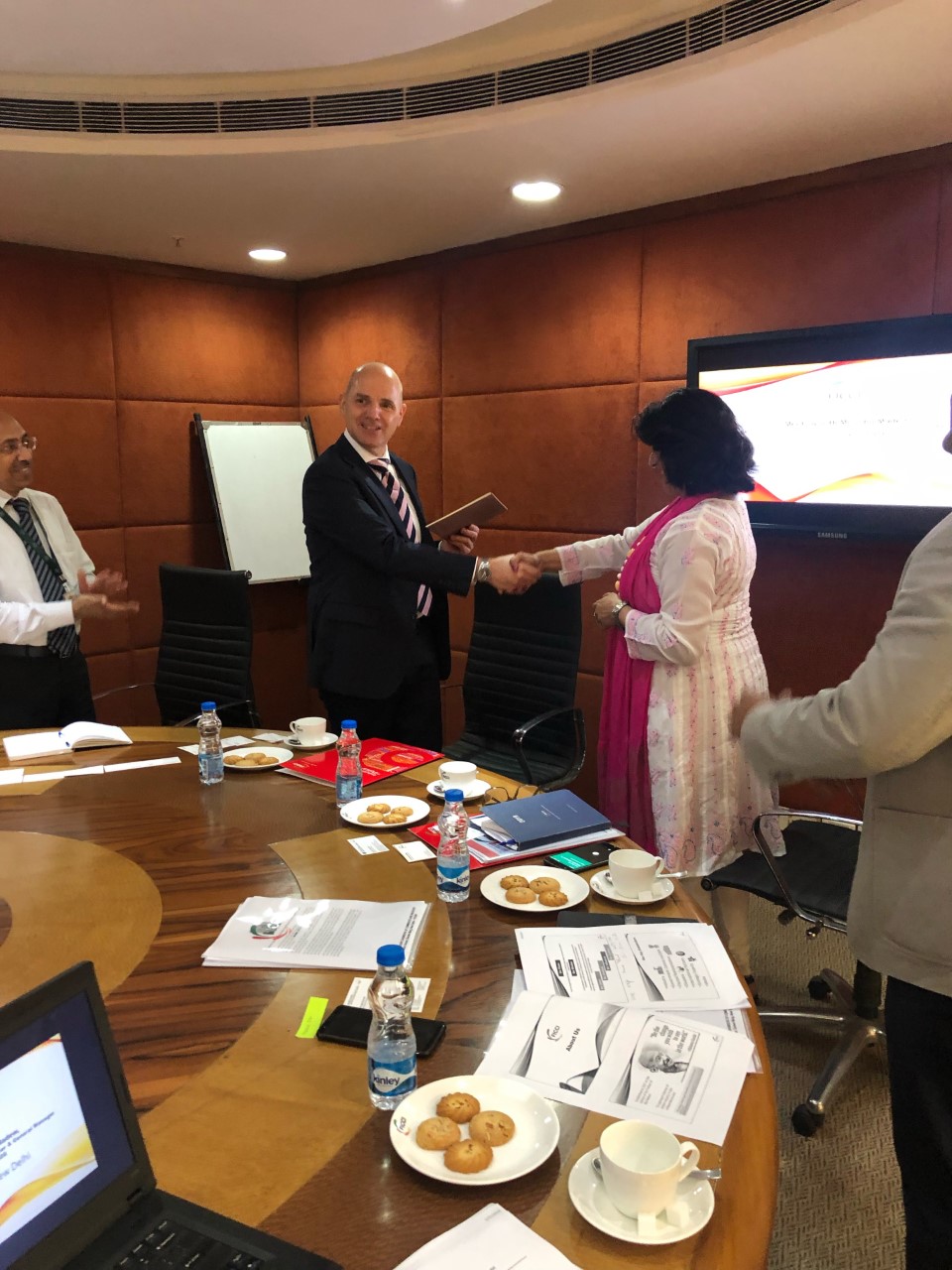
Interactive Meeting with Mr John Madew, Senior Trade & Investment Commissioner & General Manager - South Asia, AUSTRADE
India and ASEAN trade ministers pin hopes on conclusion of Regional Comprehensive Economic Partnership by year-end
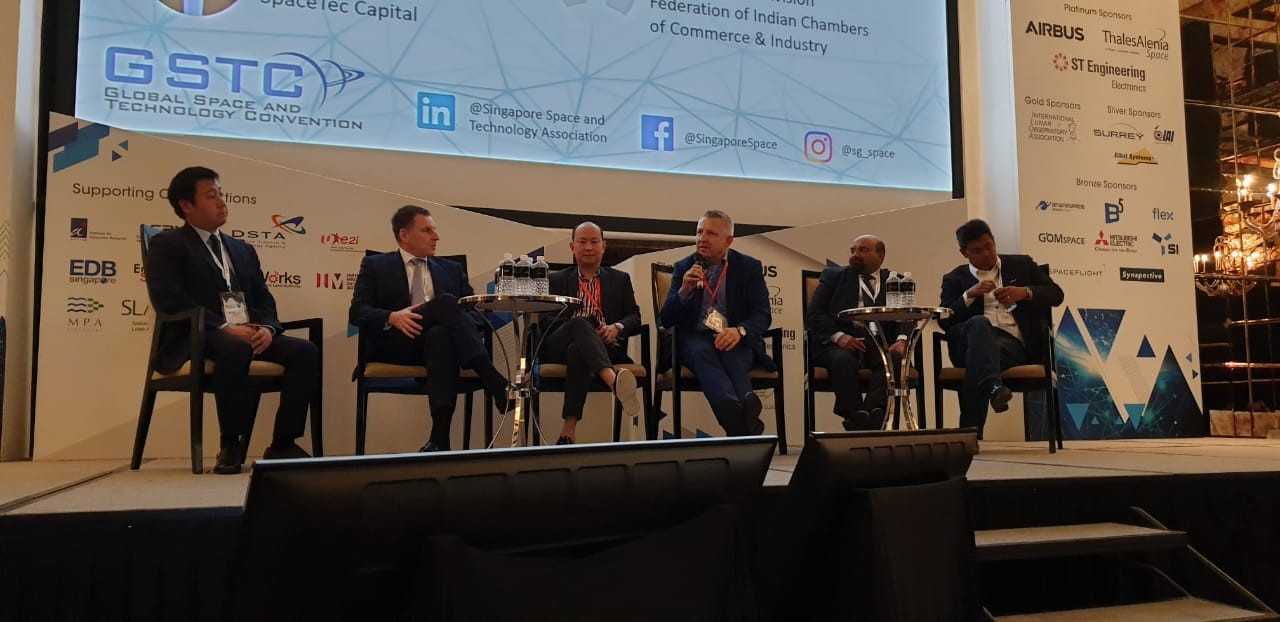
India-Singapore Space Industry Roundtable Day 2: Panel Discussion on Access to the Capital in the Space Industry
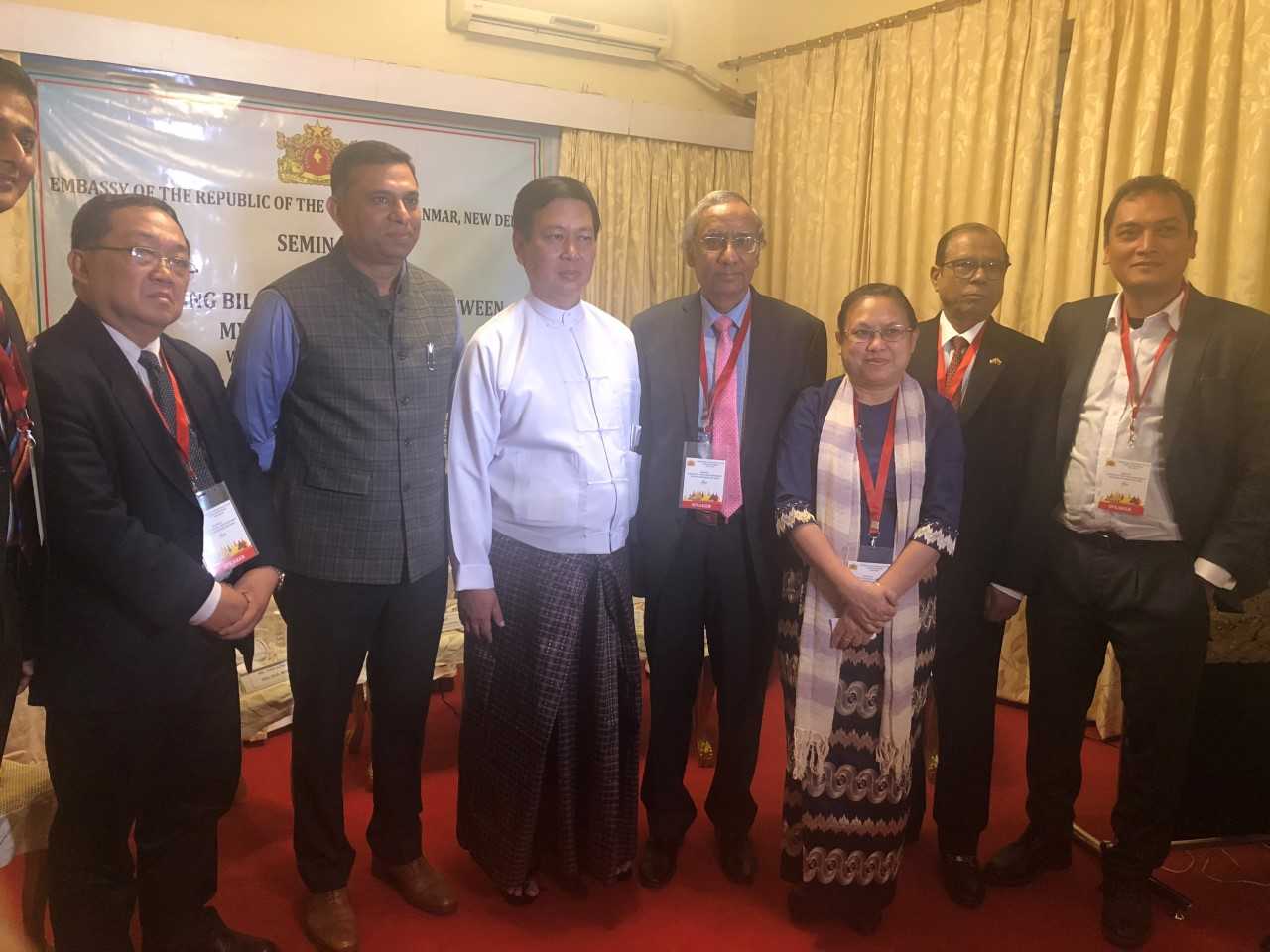
Session on Enhancing Trade and Investment Between Myanmar and India during Commemoration of the 70th Anniversary of Diplomatic Relations between India and Myanmar
Time for us to work on the real source of energy, Solar Energy: Suresh Prabhu
Aeris & Hello Tractor tie-up to offer 'Tractors-as-a-Service' to boost farm productivity in India & ASEAN region
Ahead of BIMSTEC Summit meeting, Heads of Missions call for conclusion of FTA negotiations, trade facilitation measures
RCEP must include higher level of services in India-ASEAN trade basket: Commerce Secretary, Rita Teotia
Need for early conclusion of balanced Regional Comprehensive Economic Partnership to boost India-ASEAN trade & investment: MoS for Commerce
India offers a one-stop textiles sourcing hub for ASEAN: Textile Minister Smriti Irani
Sushma Swaraj presents ASEAN-India Youth Awards to 20 achievers
India Pavilion at MEDEX 2017
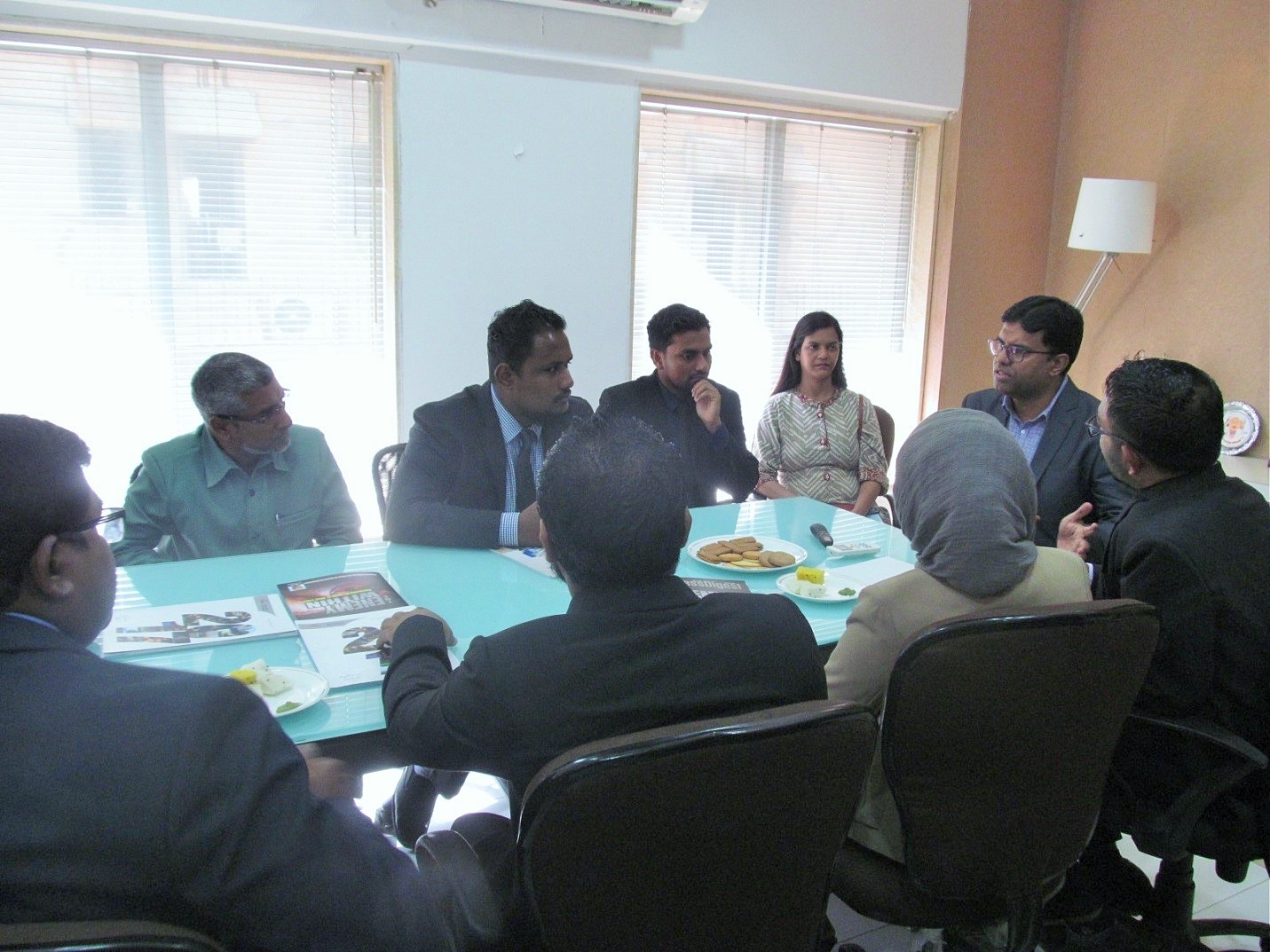
Delegation from Maldives Media Council: Enhancing the Socio-Cultural Connect and Bilateral Economic Engagement between India and Maldives
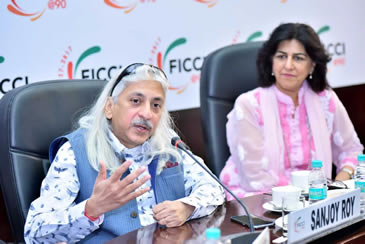
Interactive Meeting with the Delegation from Queensland University of Technology, Australia
ASEAN-India Expo & Forum 2017
3Cs - Commerce, Connectivity and Culture - to be future focus areas of cooperation between ASEAN member states and India: Sushma Swaraj 9th edition of Delhi Dialogue gets under way
Commercial and academic exchanges being strengthened to deepen people-to-people connectivity between India and ASEAN : Preeti Saran, Secretary (East), MEA at the 9th edition of Delhi Dialogue
Rashesh Shah is leading FICCI delegation to South Korea, accompanying Arun Jaitley
FICCI unveils study on Blue Economy at 2nd IORA Blue Economy Ministerial Conference in Jakarta
Need for social reform in parenting and schooling and re-inventing notion of success to enable women to rise as leaders, say women achievers
Special session of India-Malaysia Business Forum Malaysian PM's call to conclude RCEP negotiations by this year-end B2B MoUs worth $36 billion signed between Indian and Malaysian firms
India-Malaysia Business Forum:Special Lunchon Address by Hon.Dato’ Sri Mohammad Najib Tun Abdul Razak,Prime Minister of Malaysis
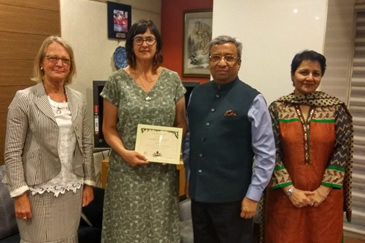
Meeting with Ms. Joanna Kempkers, High Commisioner of New Zealand to India and Ms. Jane Cunliffe, Trade Commissioner, New Zealand Trade & Enterprise
FICCI signs MoU with India New Zealand Business Council to organize Education Summit in Auckland in 2017; with Indian-NZ Trade Alliance
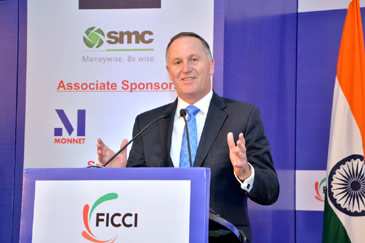
Business Meeting with Rt Hon John Key, Hon'ble Prime Minister of New Zealand at New Delhi
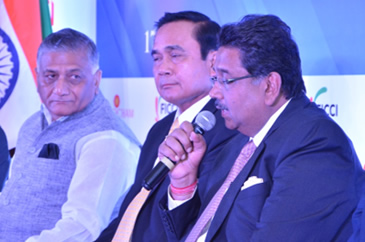
Business meeting with H.E General Prayut Chan-o-cha, Hon’ble Prime Minister of Thailand and the accompanying delegation
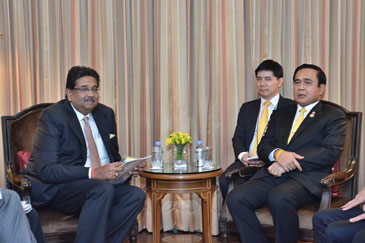
Mr. Harshavardhan Neotia, President, FICCI calls on General Prayut Chan-o-cha, Prime Minister of Thailand
Malaysia can act as the gateway to ASEAN market for India
Perception Survey on India-ASEAN Economic Relations
India Pavilion During 19th Viet Food & Pro Pack 2015
ASEAN-India agreements on Trade in Services and Investment to come into force by year end: Sushma Swaraj
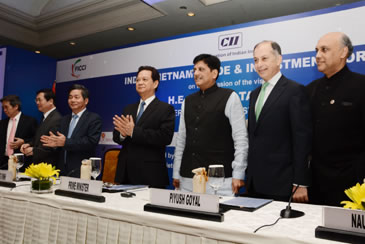
India-Vietnam Trade and Investment Forum: on the occasion of the visit of H.E. Nguyen Tan Dung, Prime Minister of the Socialist Republic of Vietnam
FICCI commnts on the signing of India-ASEAN FTA in services and investment
Doing Business with the Philippines: the Real Opportunities
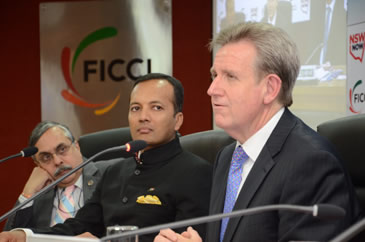
Interactive Meeting with The Honourable Barry O' Farrell MP, Premier of New South Wales and accompanying delegation from New South Wales, Australia
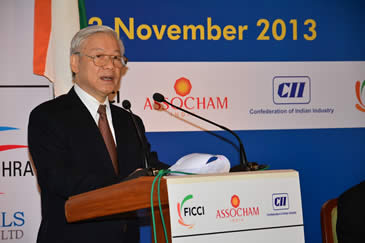
Business Meeting with the Hon'ble General Secretary of Vietnam and the Accompanying Delegation
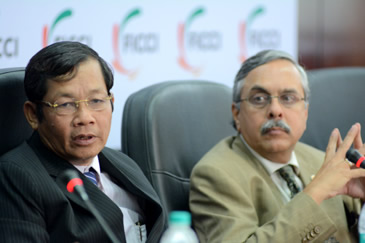
Business Meeting with H E Mr Mynit Hlaing, Minister for Agriculture and Irrigation, Myanmar
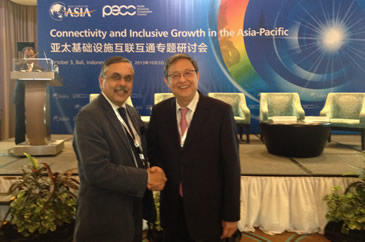
Seminar on "Connectivity and Inclusive Growth in the Asia-Pacific" organized by Boao Forum for Asia and the Pacific Economic Cooperation Council
FICCI Business Delegation to Philippines
FICCI CEO's Business Mission to Indonesia
India-Thailand Investment Cooperation Seminar
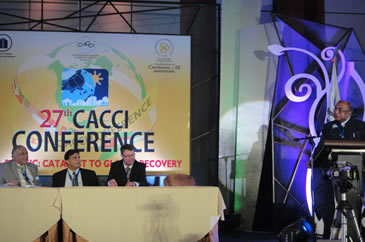
FICCI Business Delegation for 27th CACCI CONFERENCE 2013, Asia Pacific: Catalyst to Global Recovery

Interactive Meeting with Hon. David Carter, Minister for Primary Industries, Government of New Zealand
Business Beyond Barriers: ASEAN Desk, International Affairs Division, FICCI
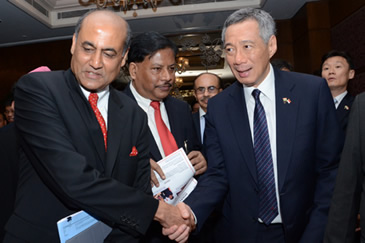
Business Meeting with Hon’ble H E Mr. Lee Hsien Loong, Prime Minister of Singapore and the accompanying delegation
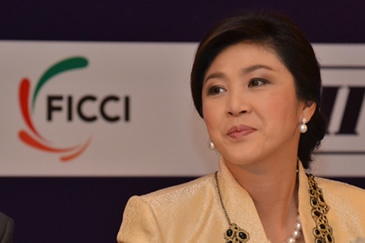
Business Meeting with H.E. Ms Yingluck Shinawatra, Prime Minister of the Kingdom of Thailand and the Accompanying Delegation
Exclusive Business Meeting with The Hon'ble President of Vietnam H.E.Mr Troung Tan Sang & the accompanying Ministerial Delegation

Business Session with Rt. Hon. John Key, Prime Minister of New Zealand and Accompanying Business Delegation

Business Meeting with H.E.Mr Abhisit Vejjajiva, Hon'ble Prime Minister of Thailand and the Accompanying Delegation
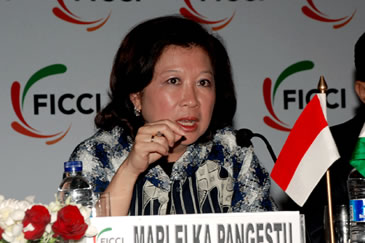
Breakfast Meeting with HE Madam Mari Elka Pangestu, Minister for Trade and the accompanying official cum Business Delegation from Indonesia
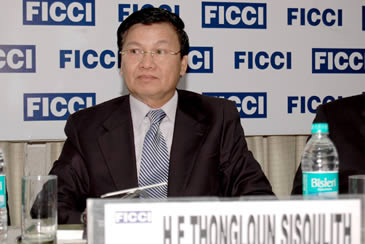
Interactive Business Meeting with H E Dr. Thongloum Sisoulith, Hon'ble Deputy Prime Minister & Minister of Foreign Affairs, Lao PDR
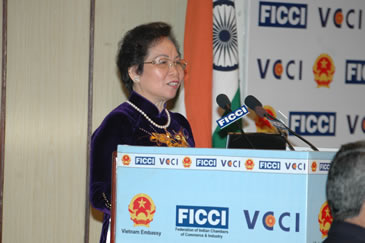
India-Vietnam Business Forum in Honour of the Hon'ble Vice President of Vietnam, HE Madam Nguyen Thi Doan
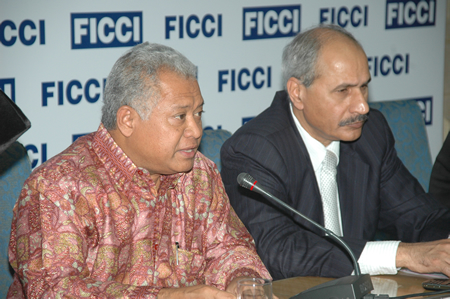
Interactive Meeting with the Minister of Energy & Mineral Resources H E Mr Purnomo Yusgiantoro, Indonesia
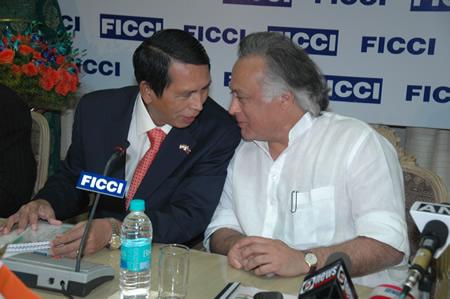
Meeting with H. E. U SOe Tha, Minsiter of National Planning & Economic Development & H. E. Brig Gen Tin Naing Thein, Minister for Commerce, Myanmar


